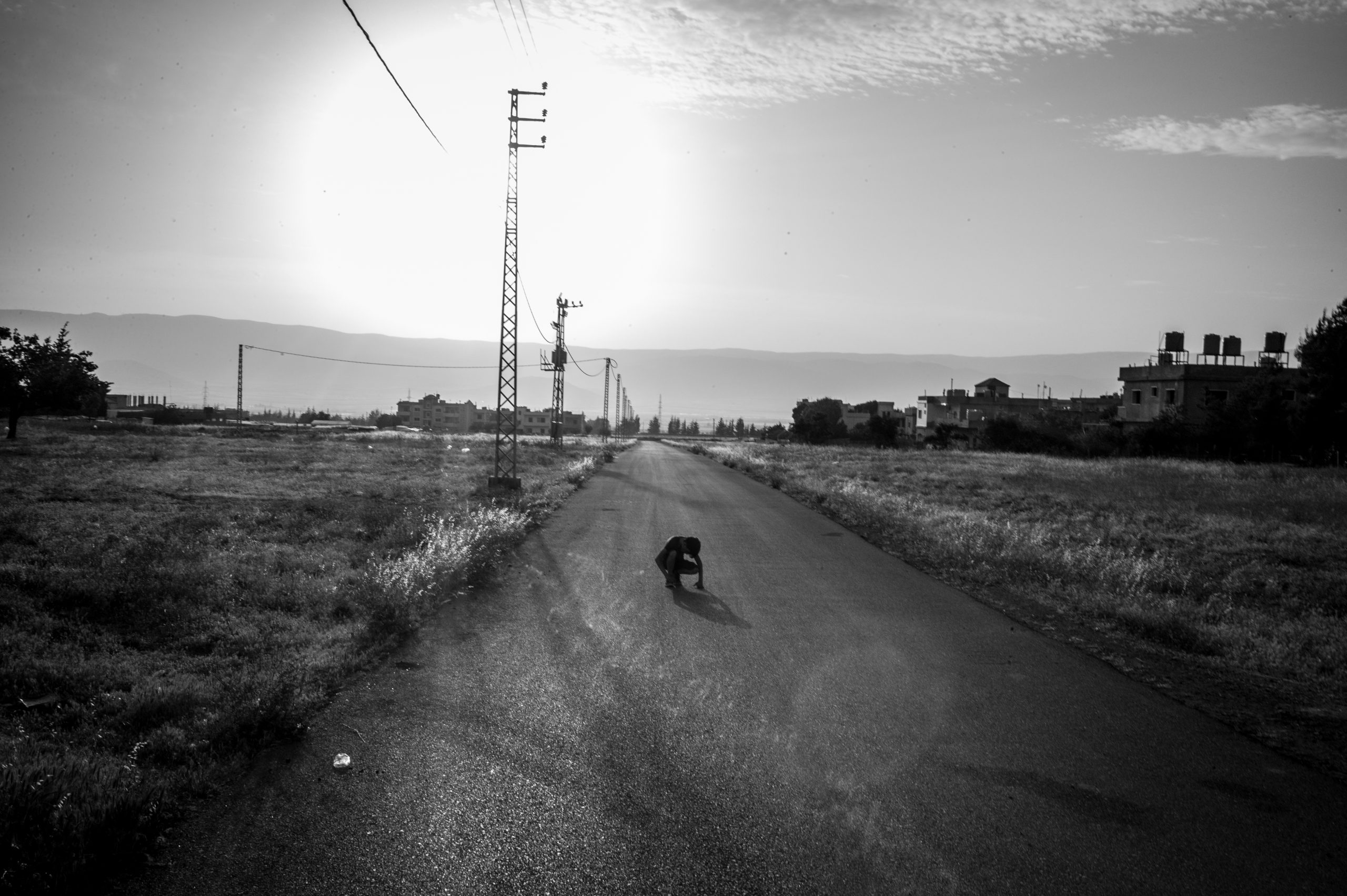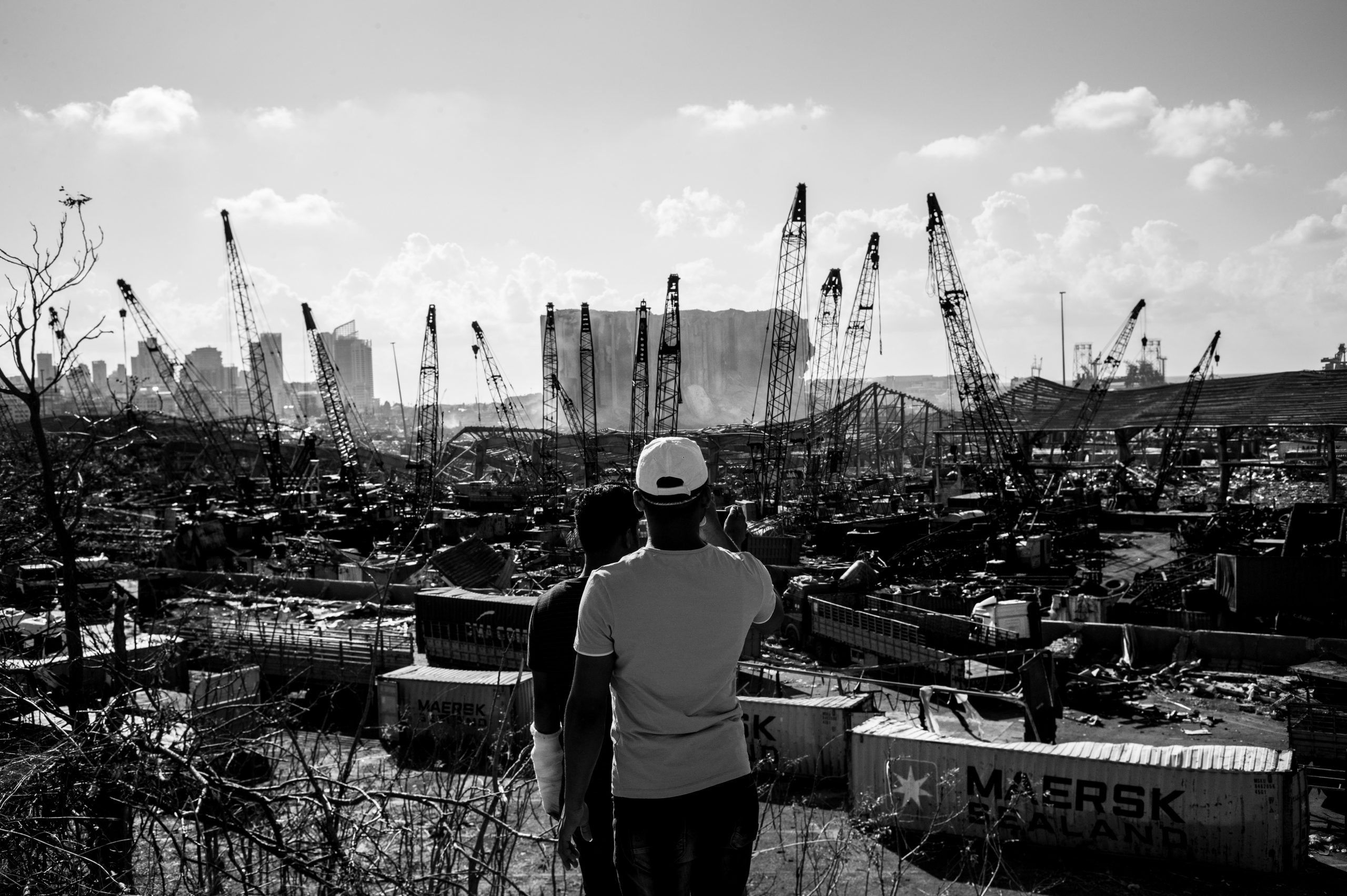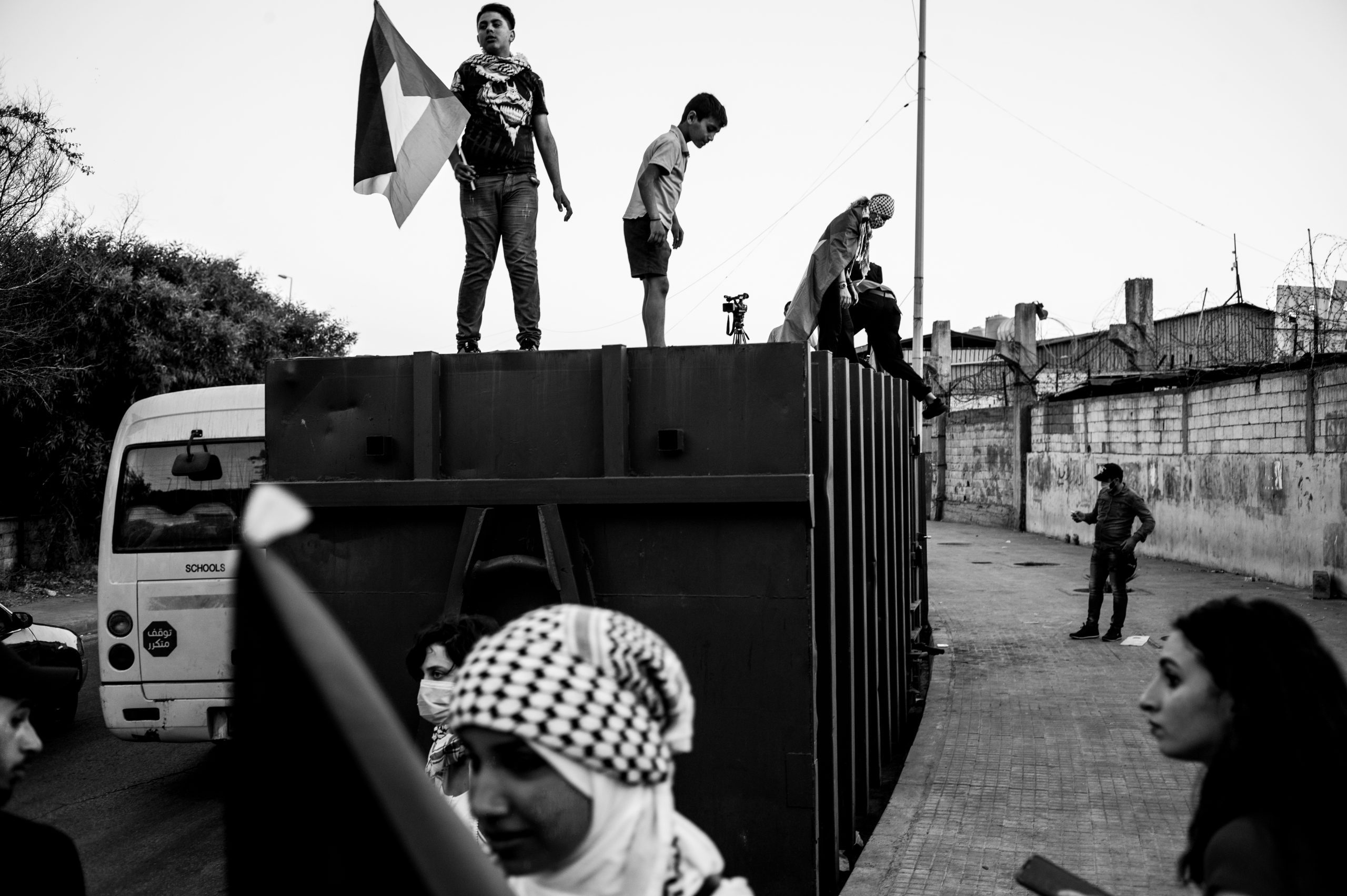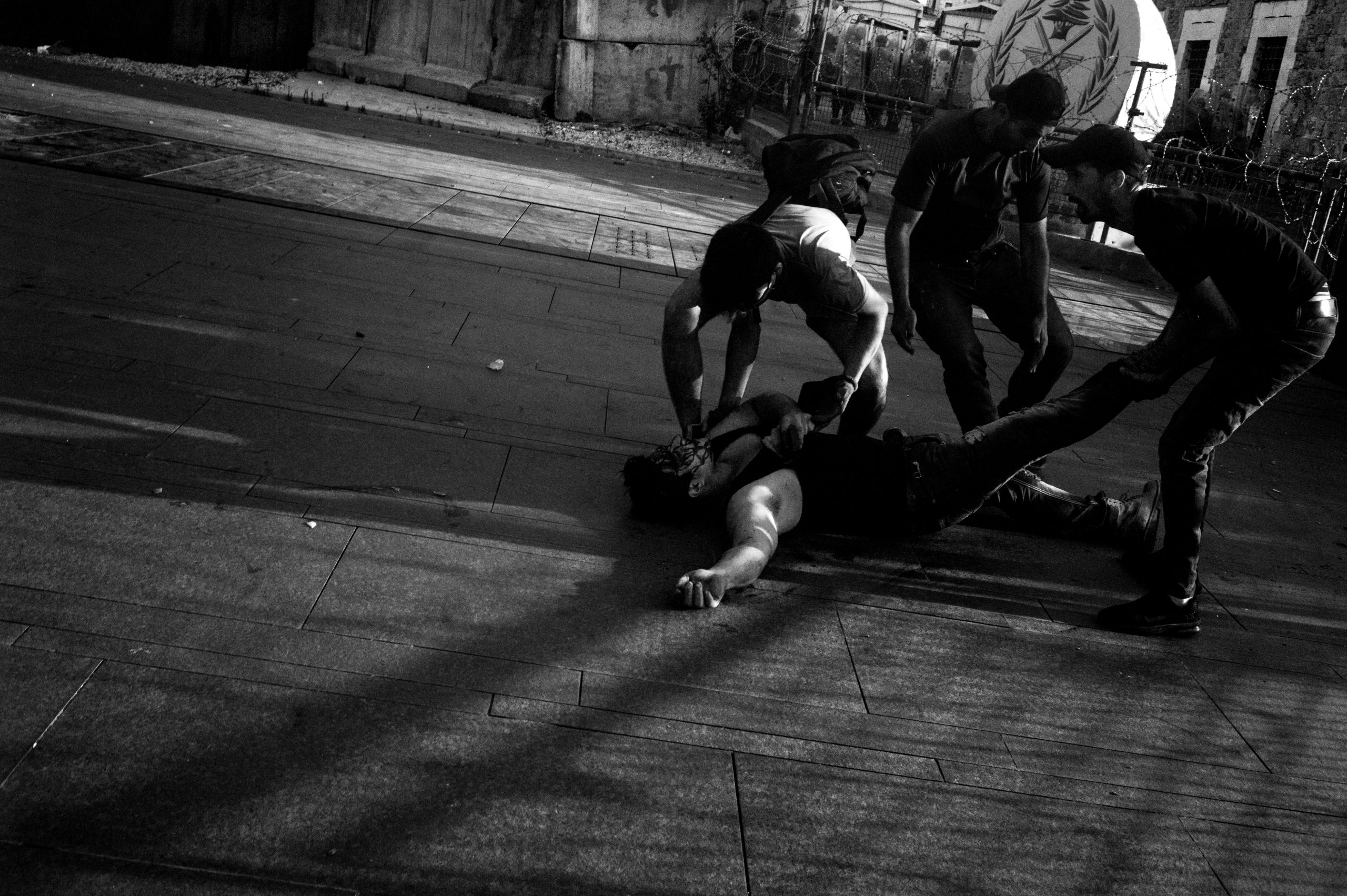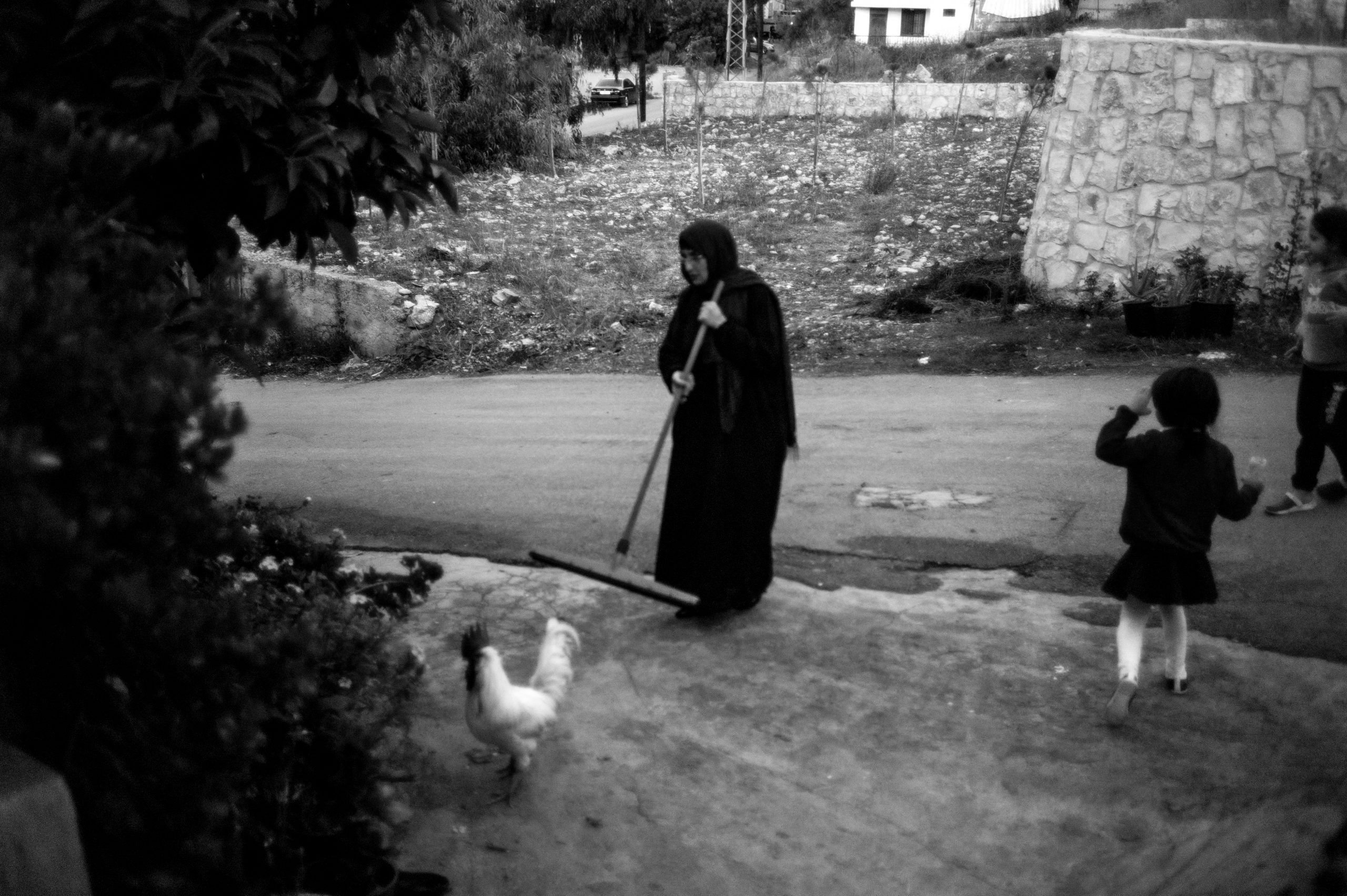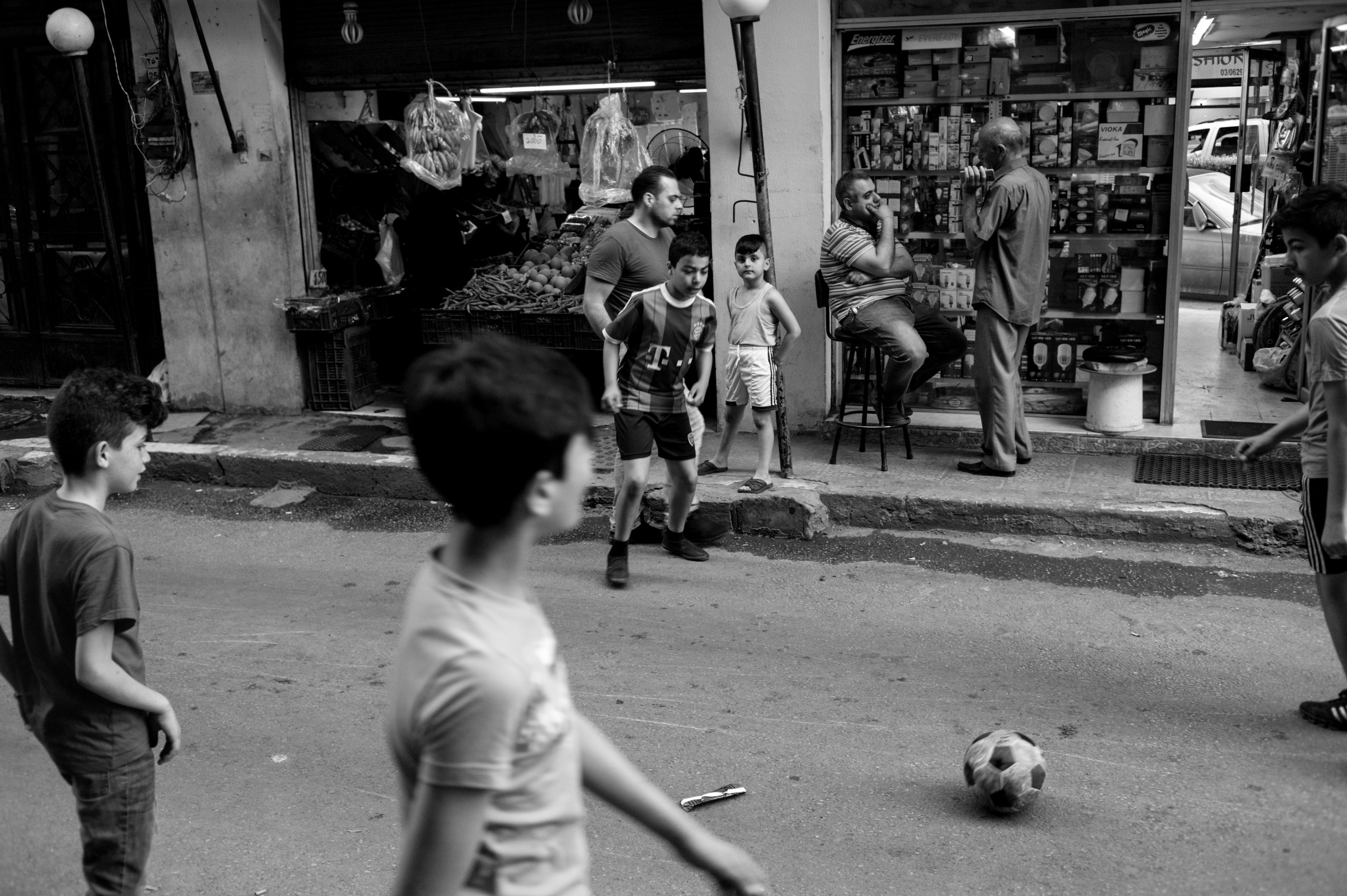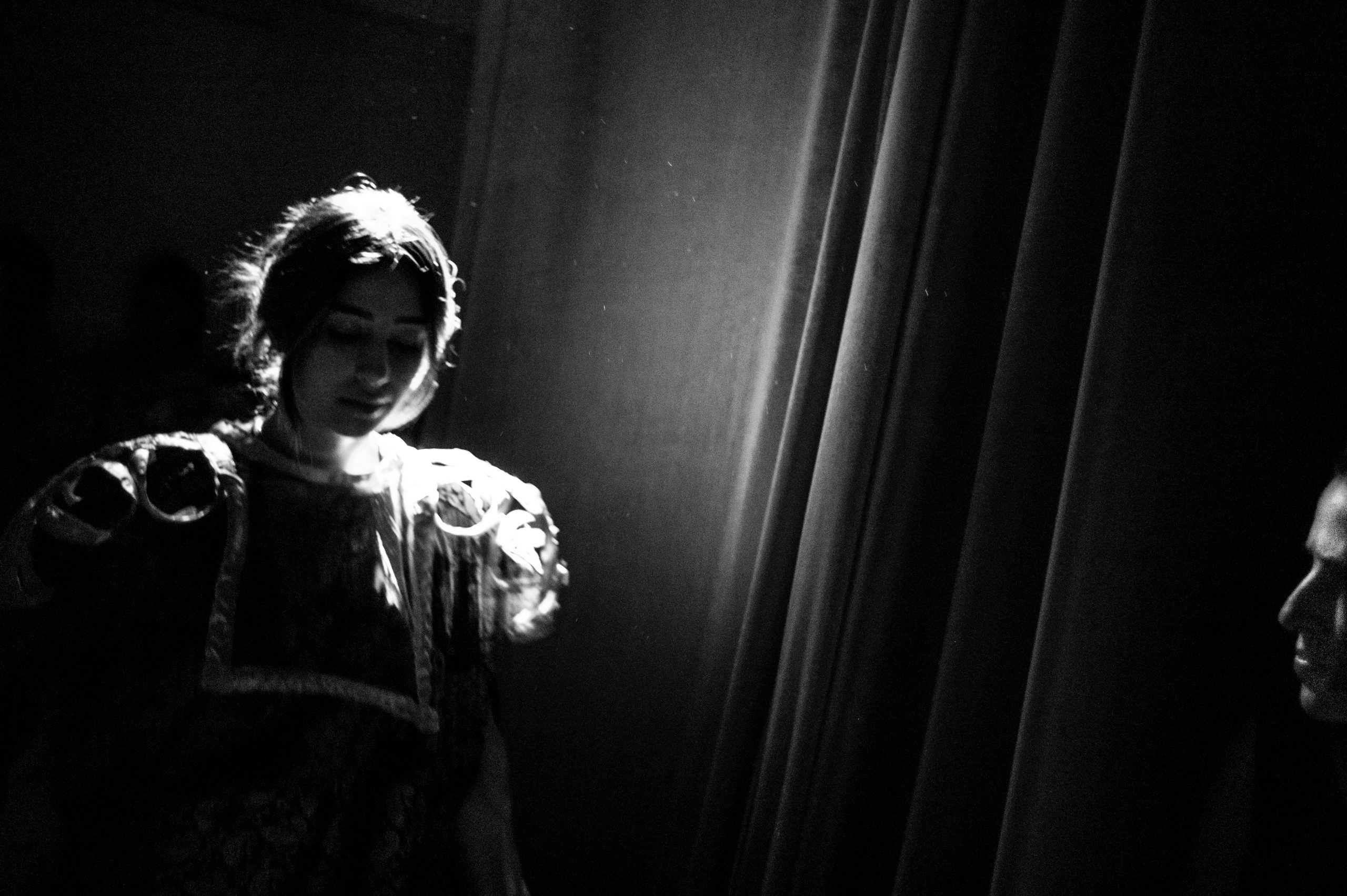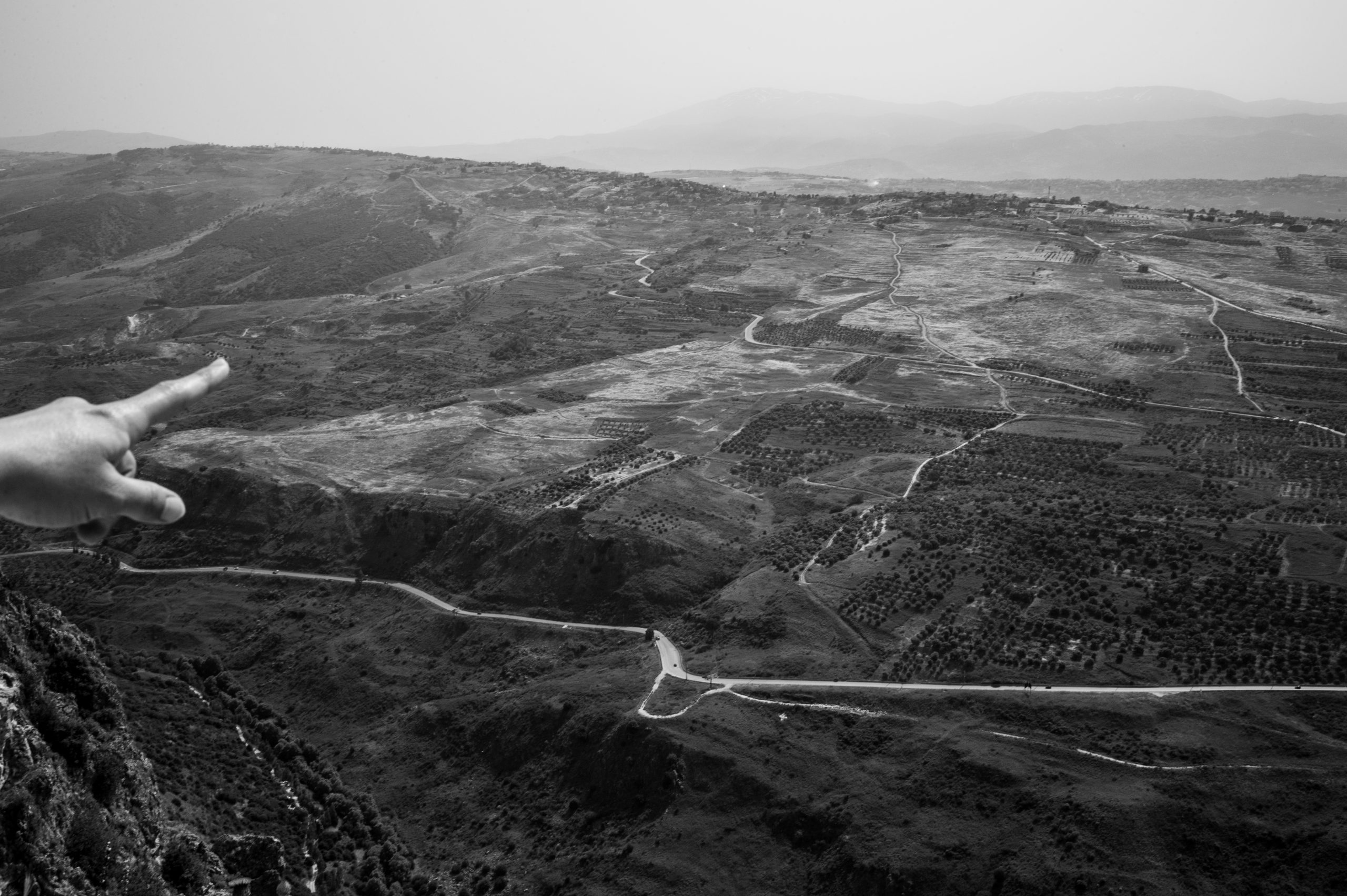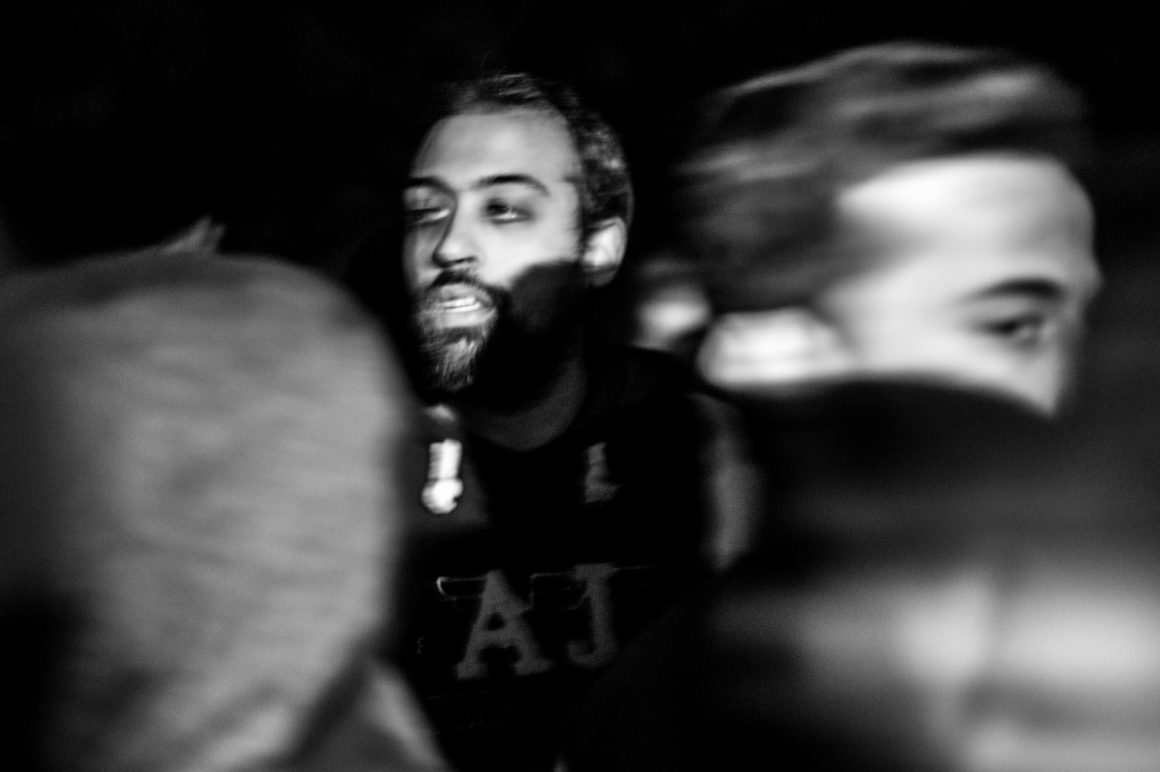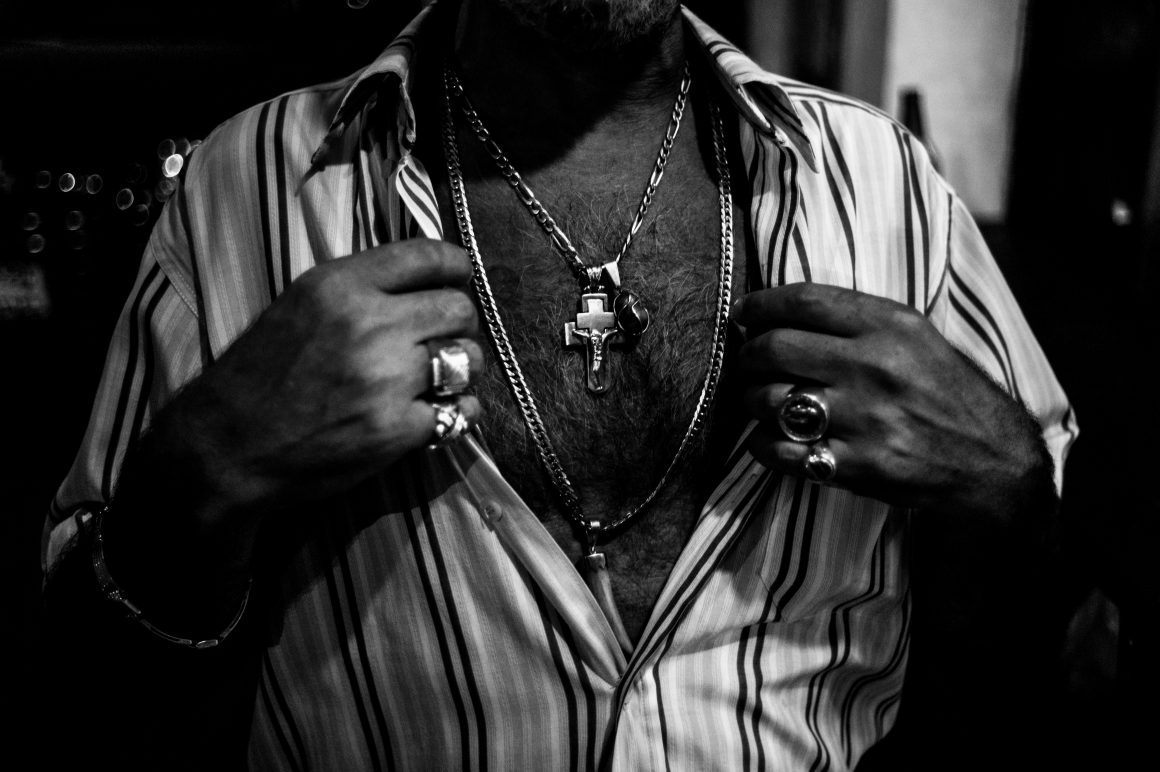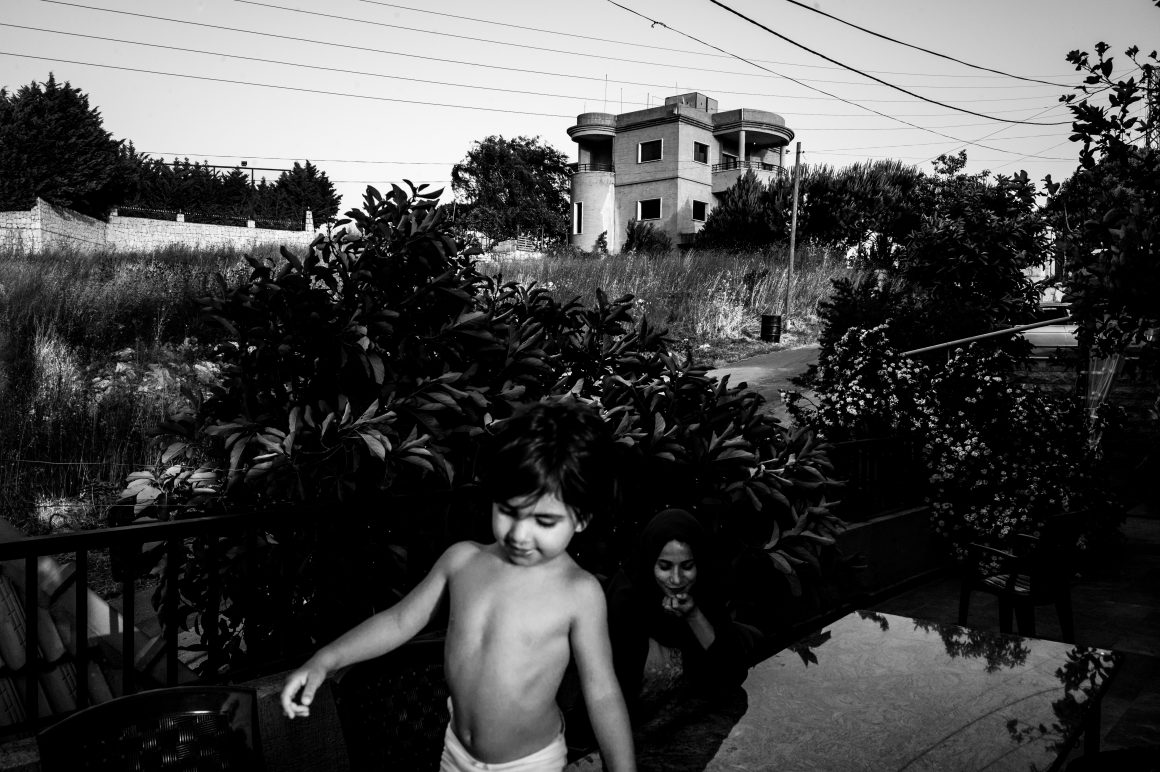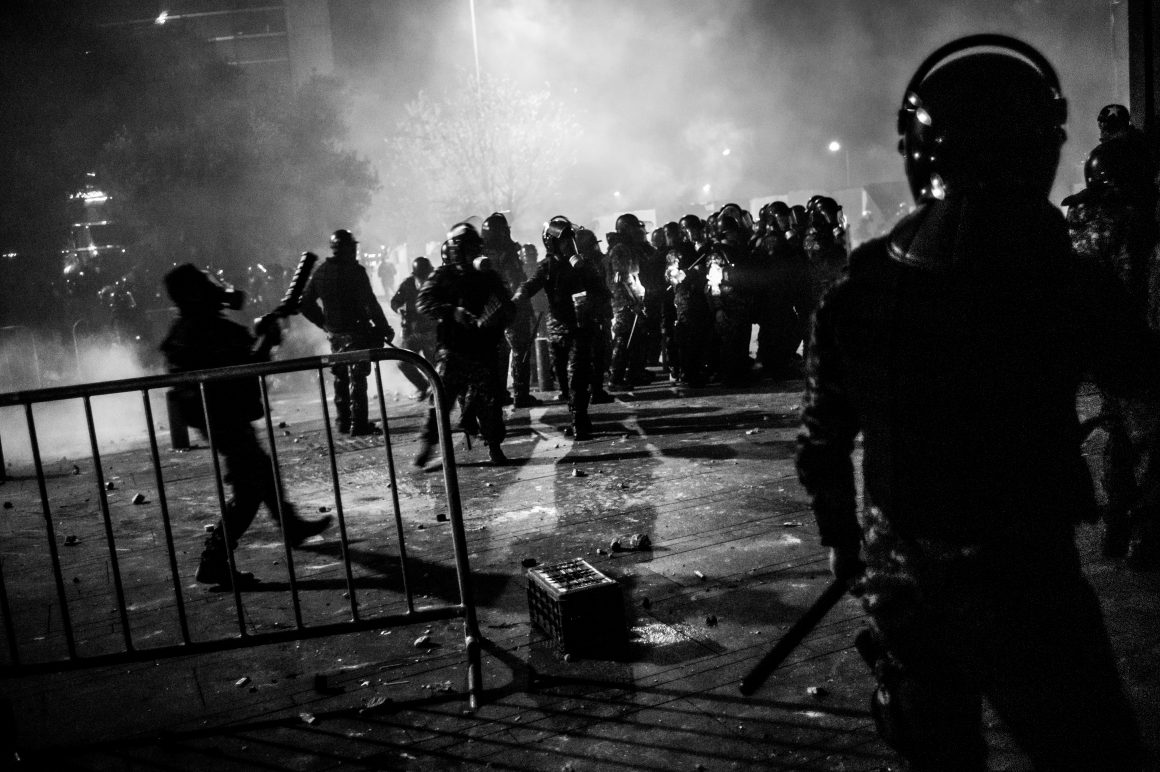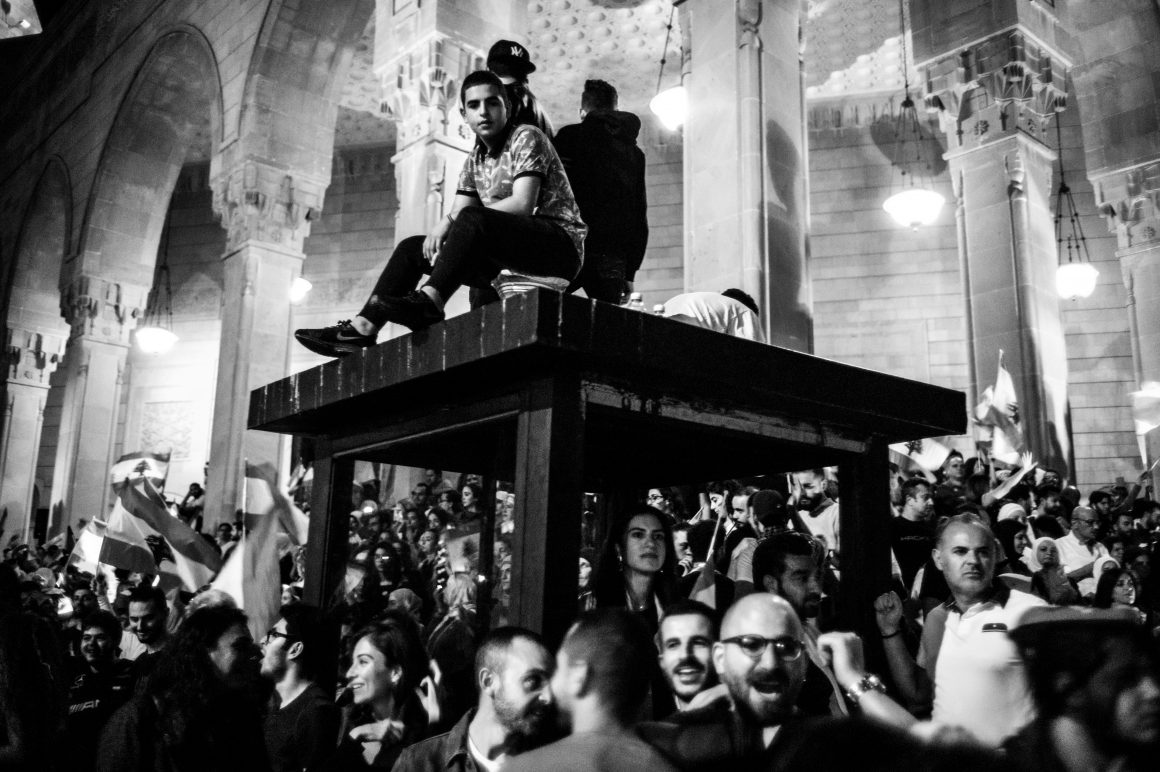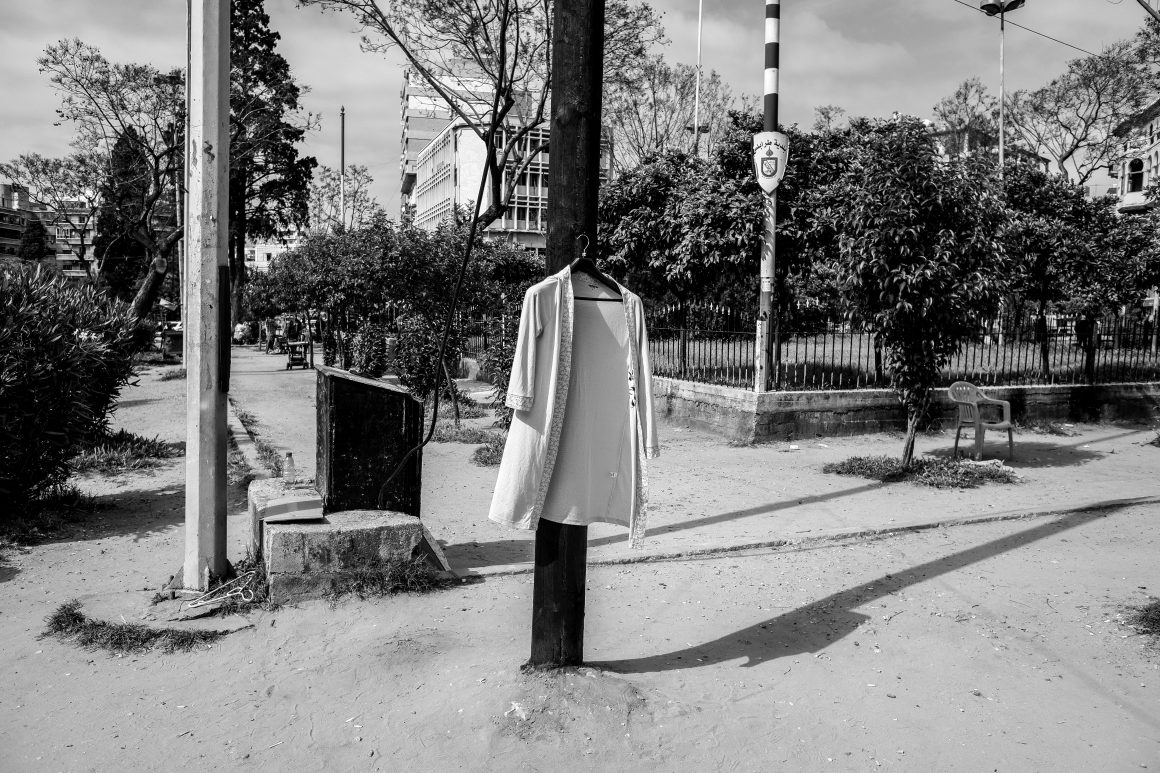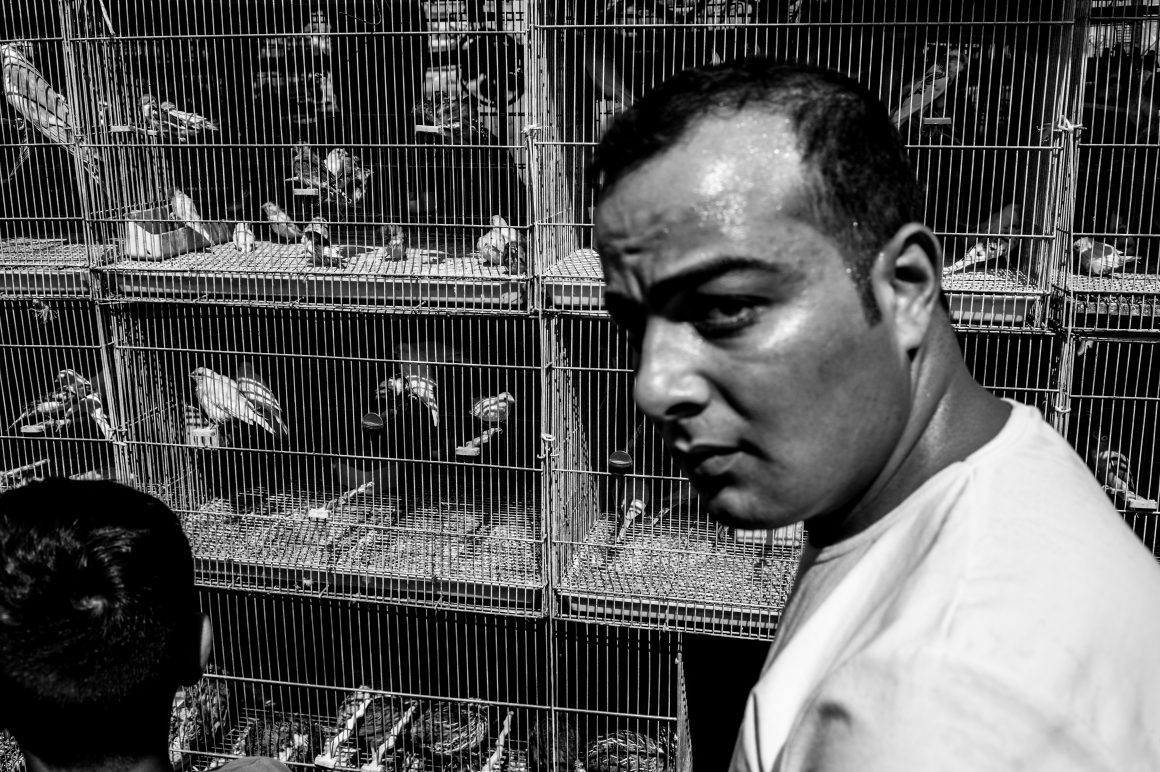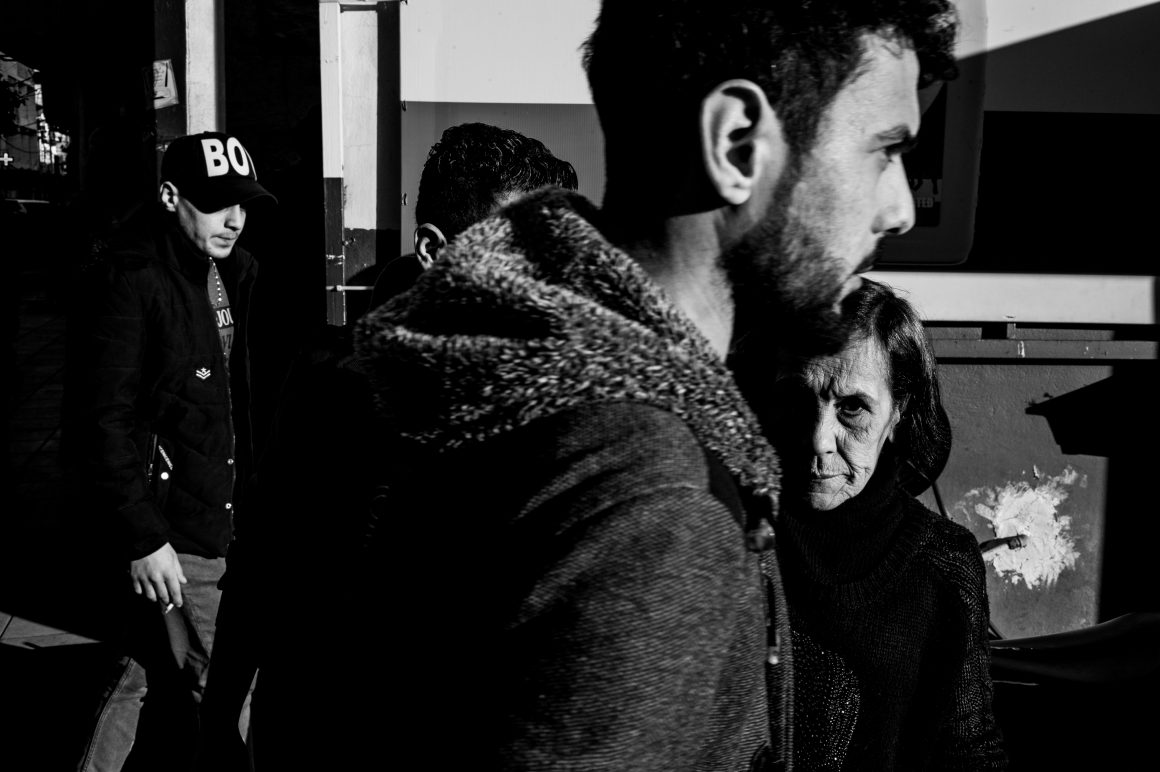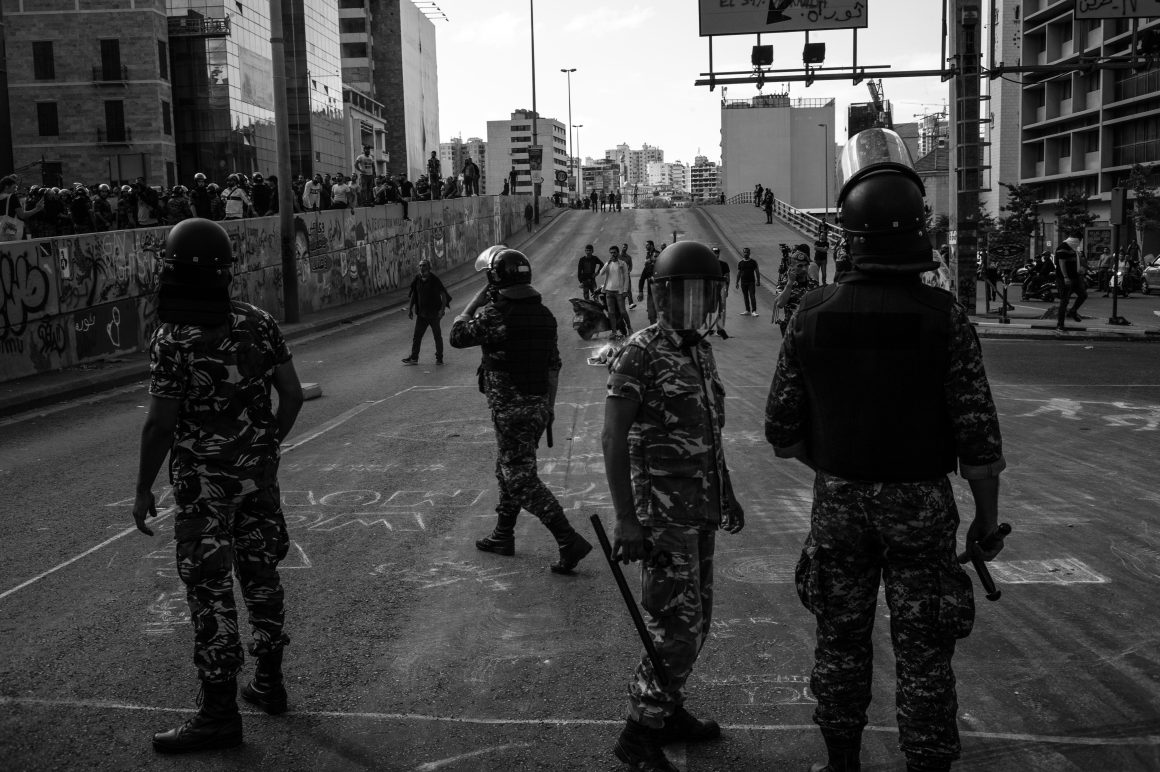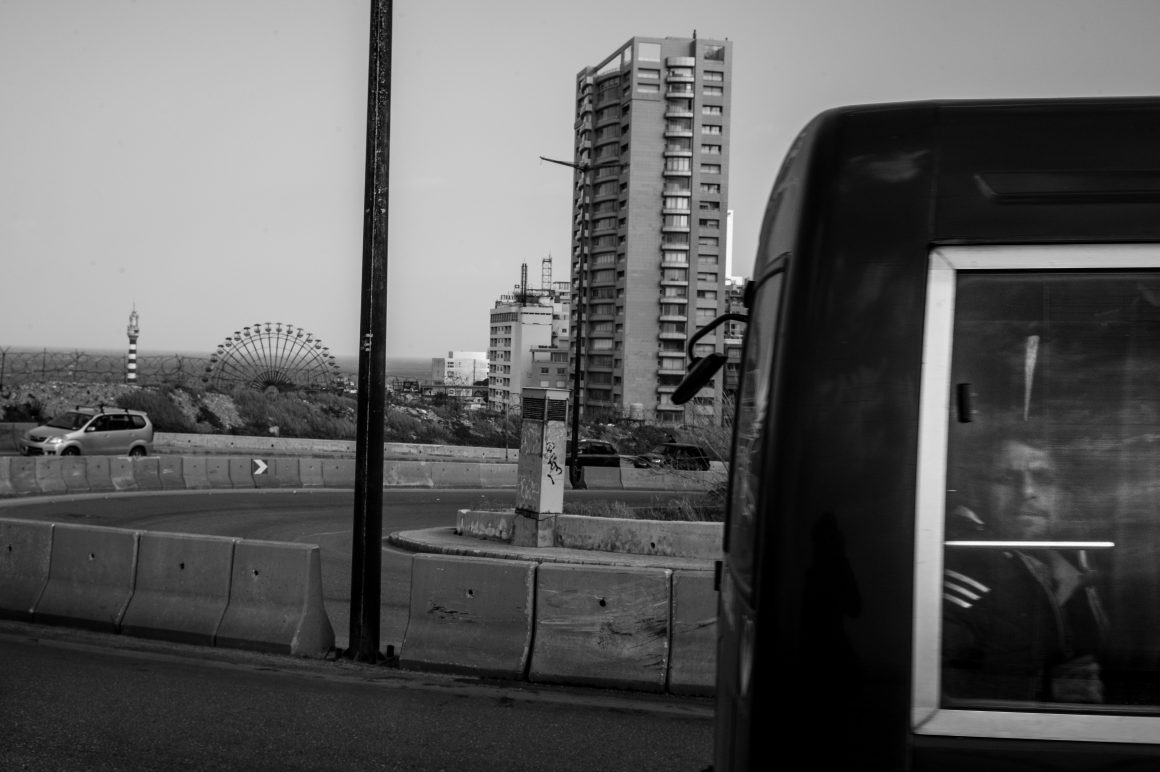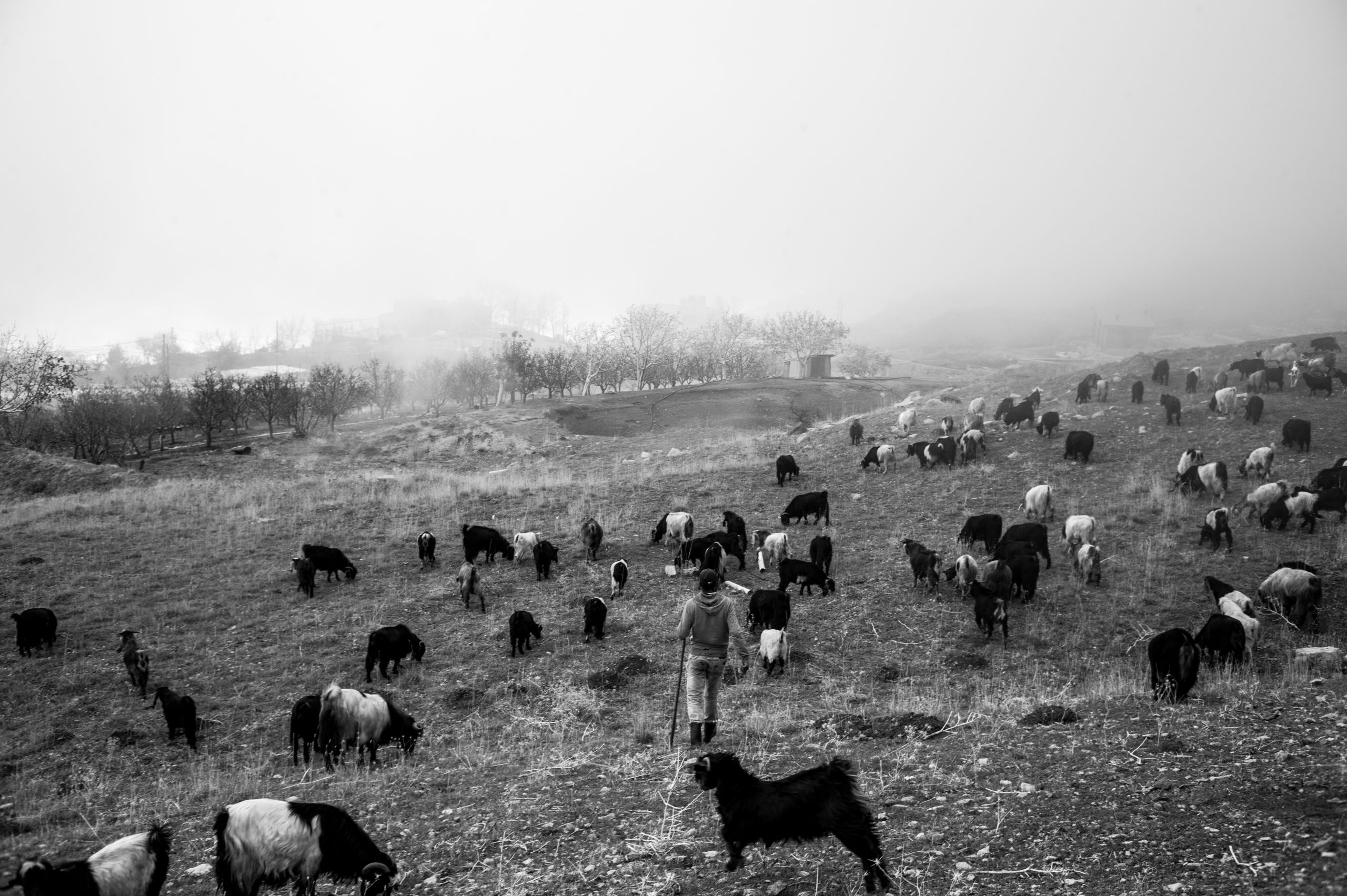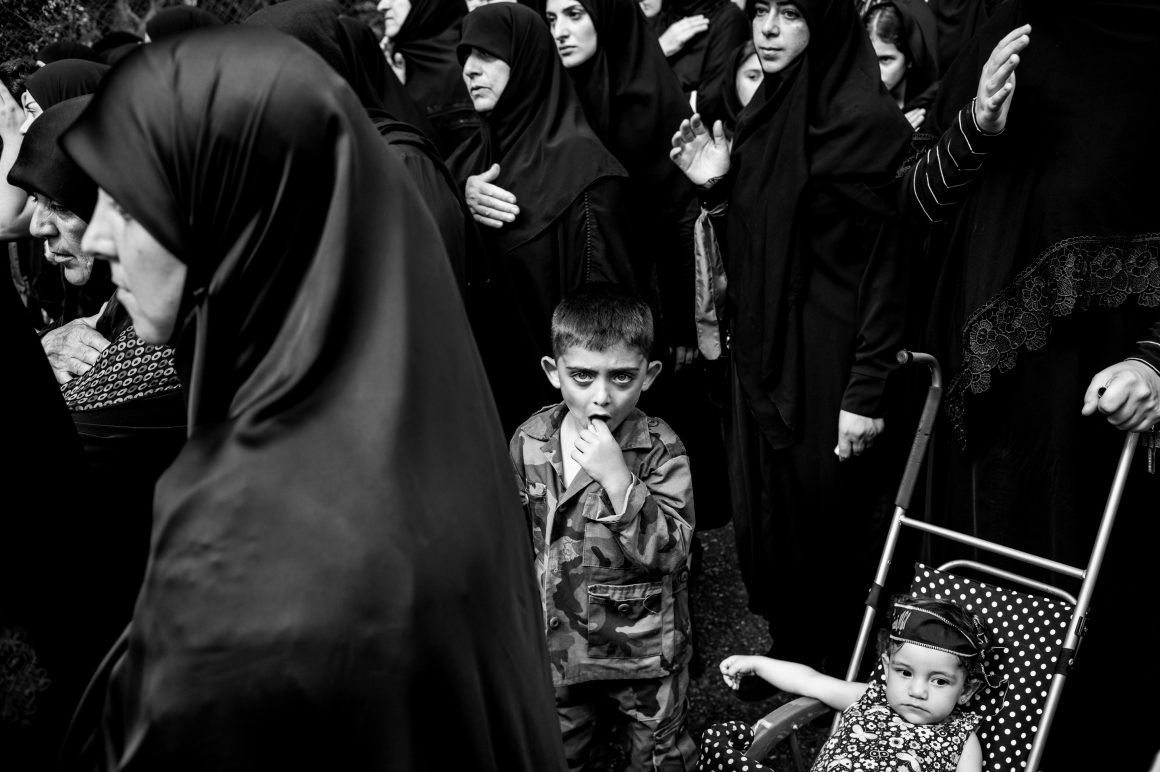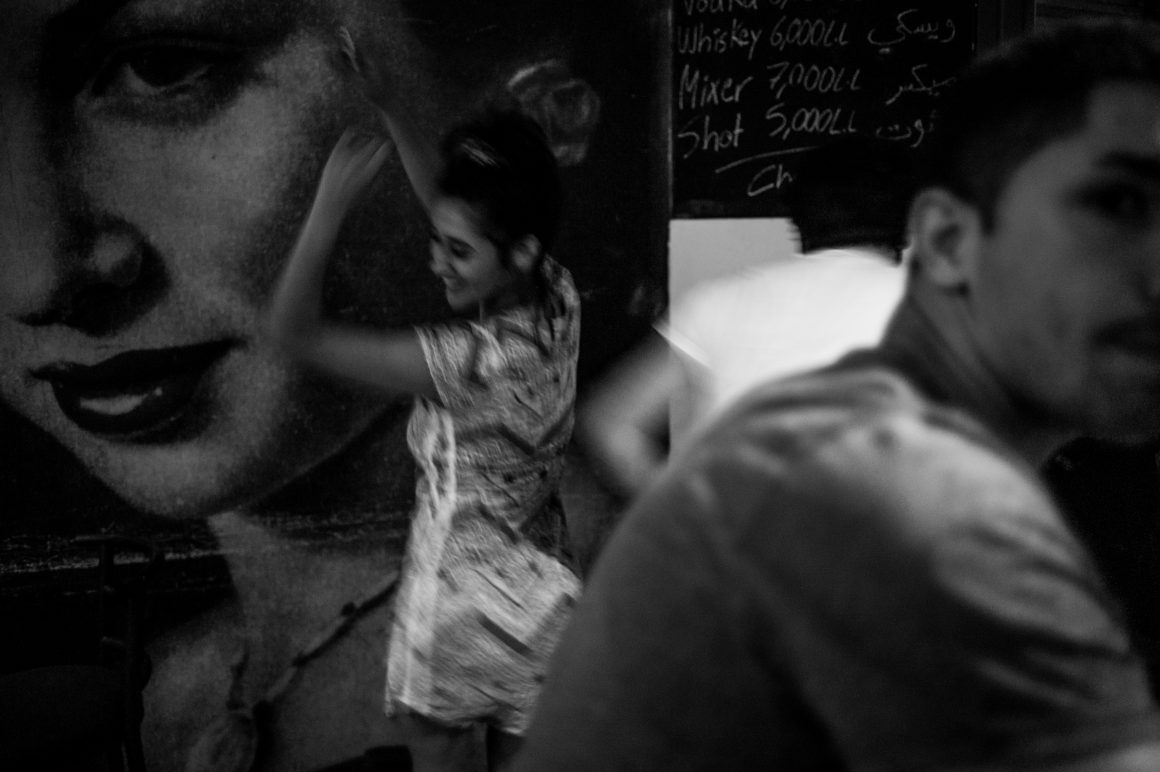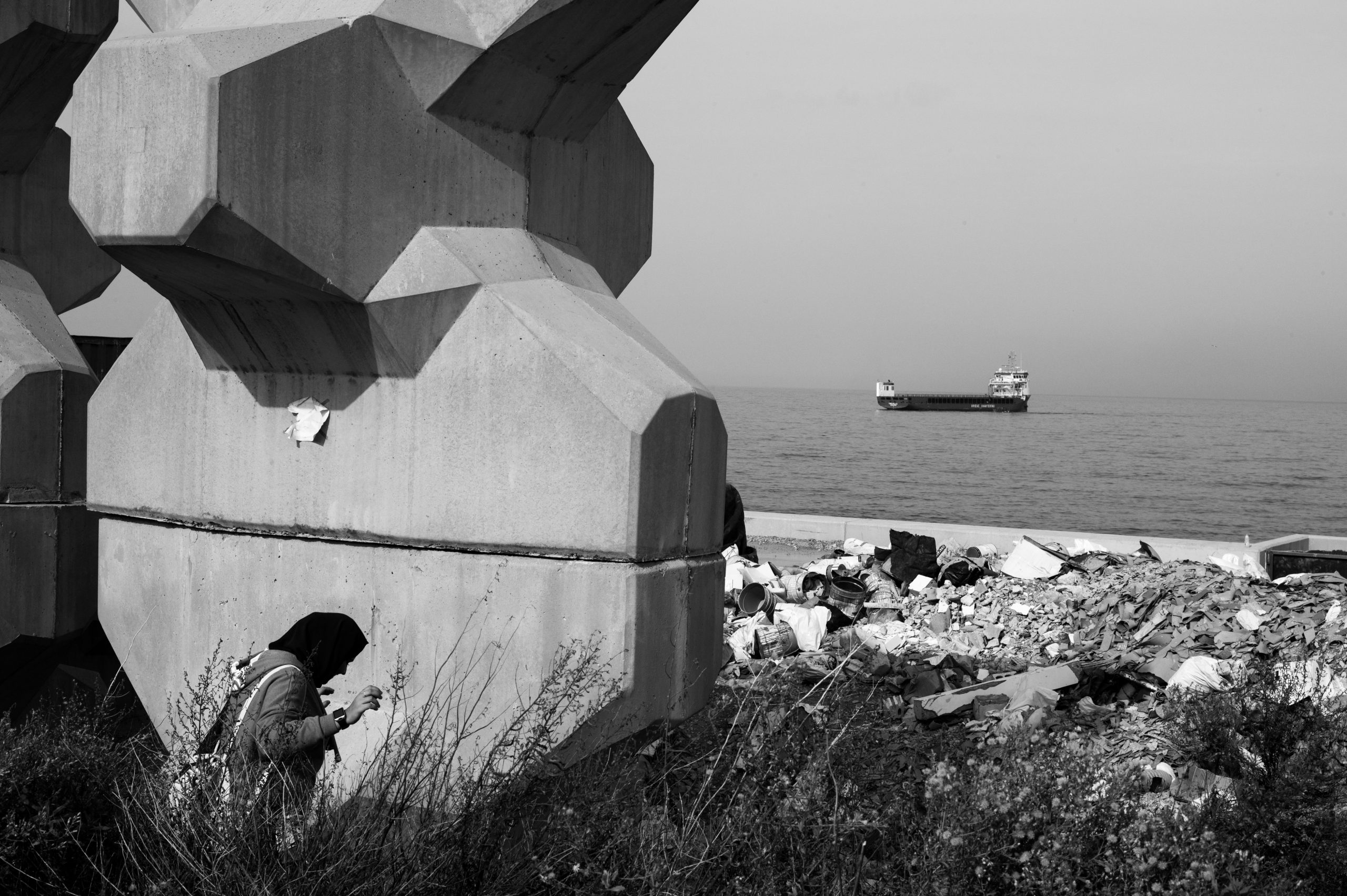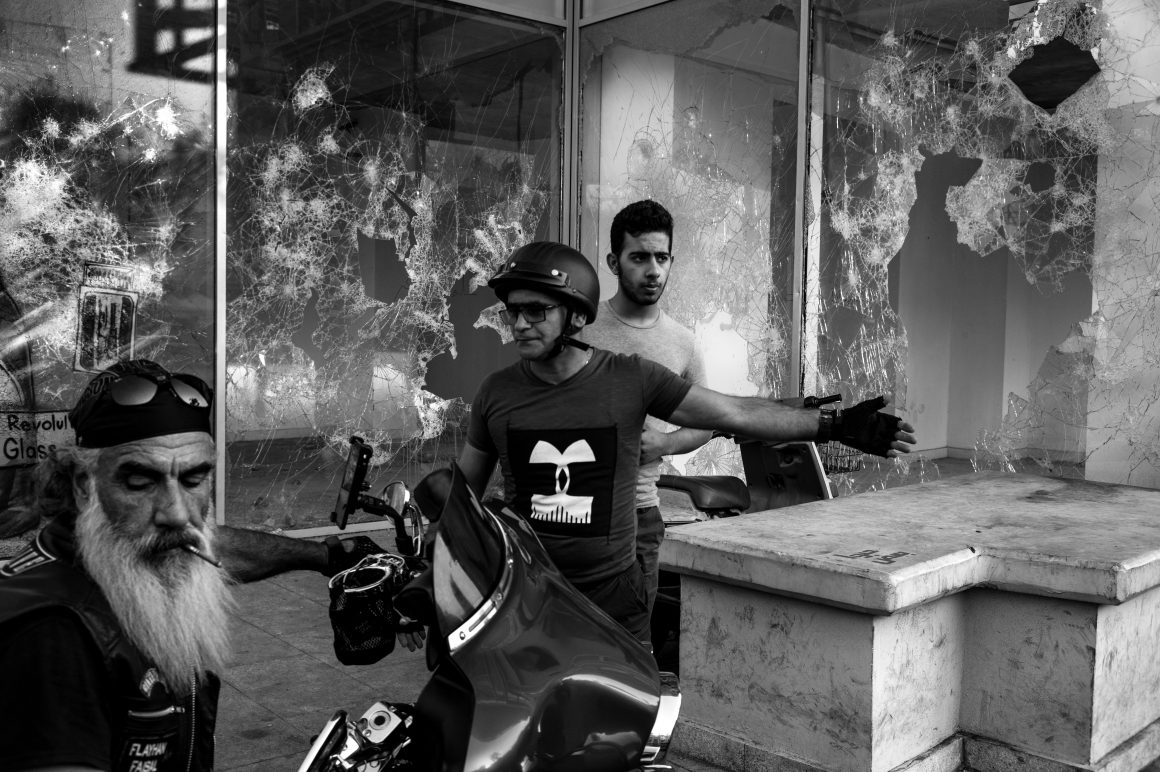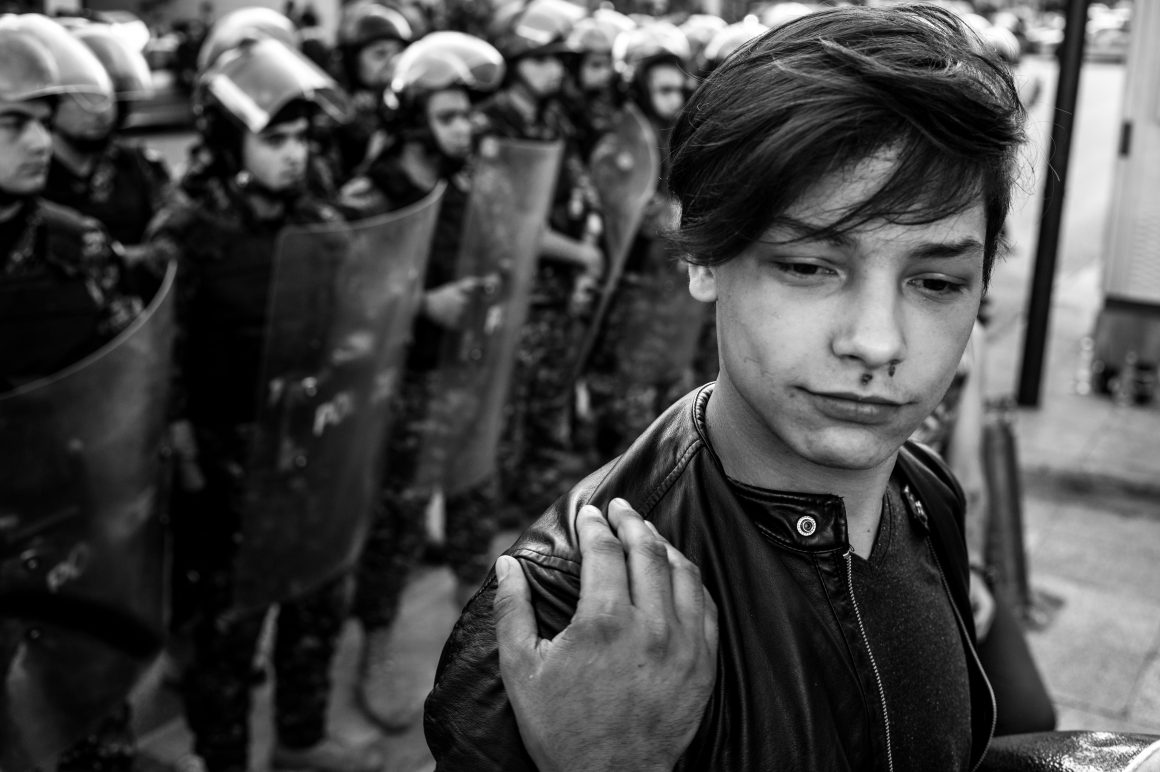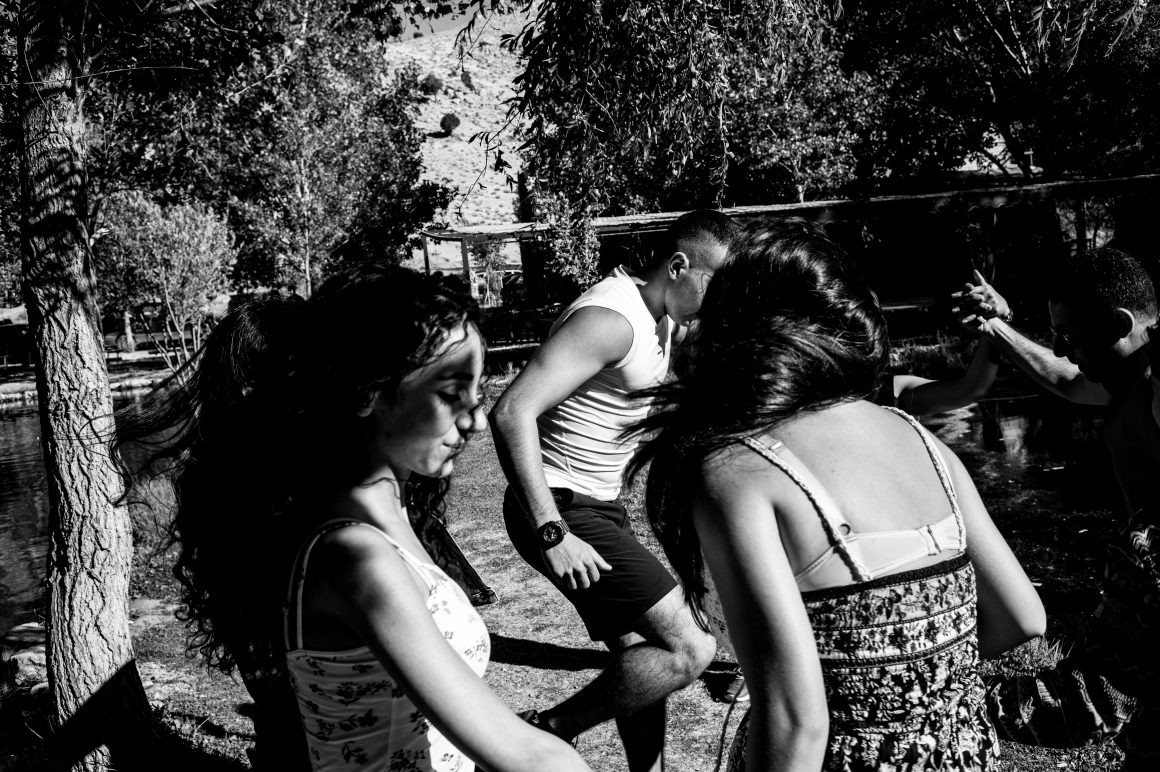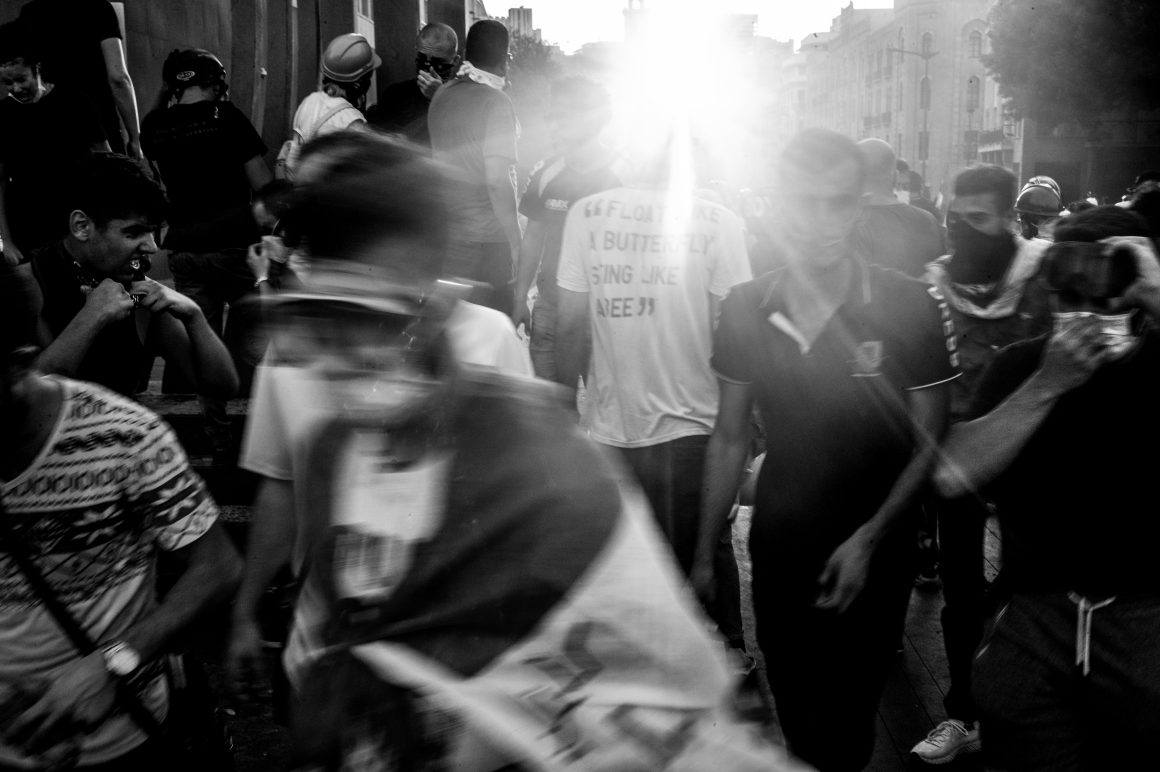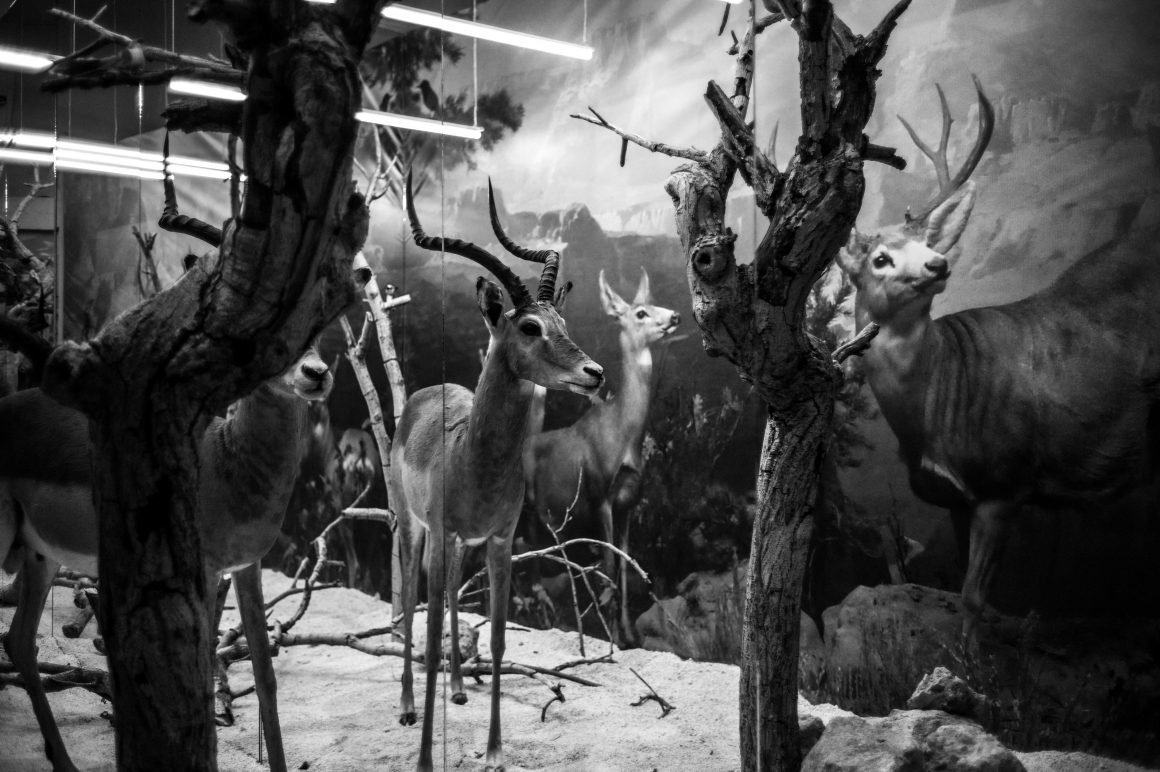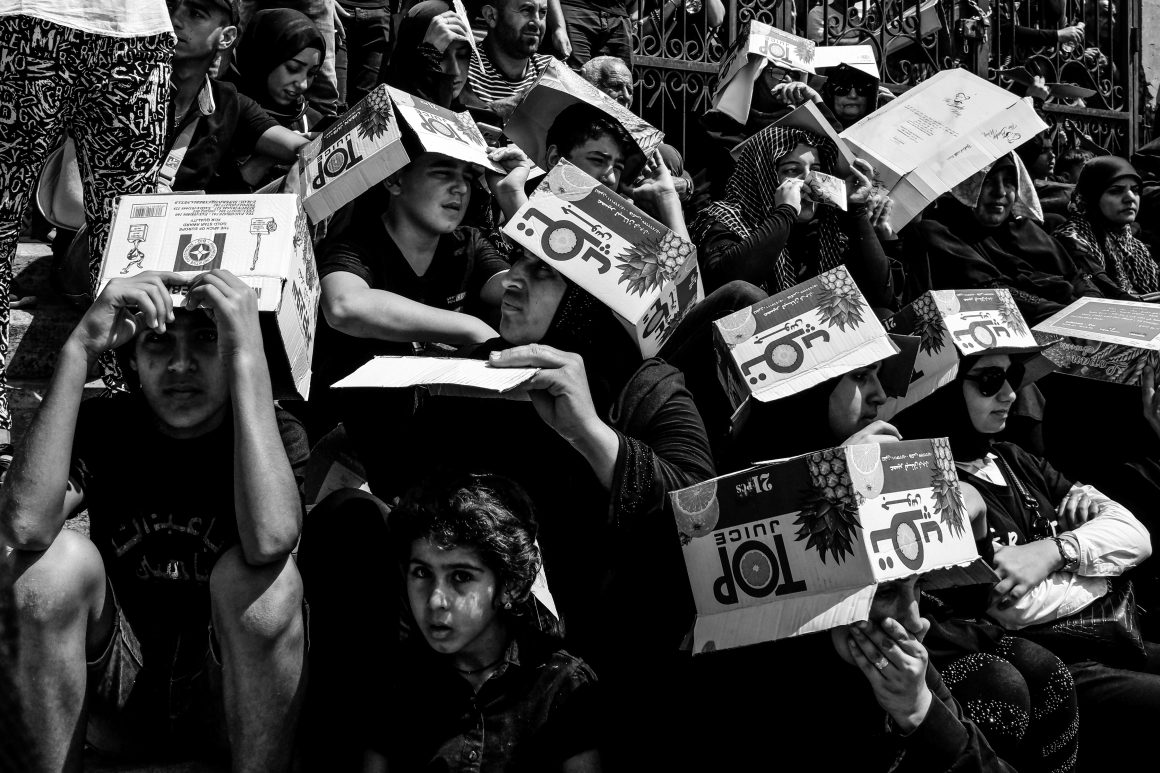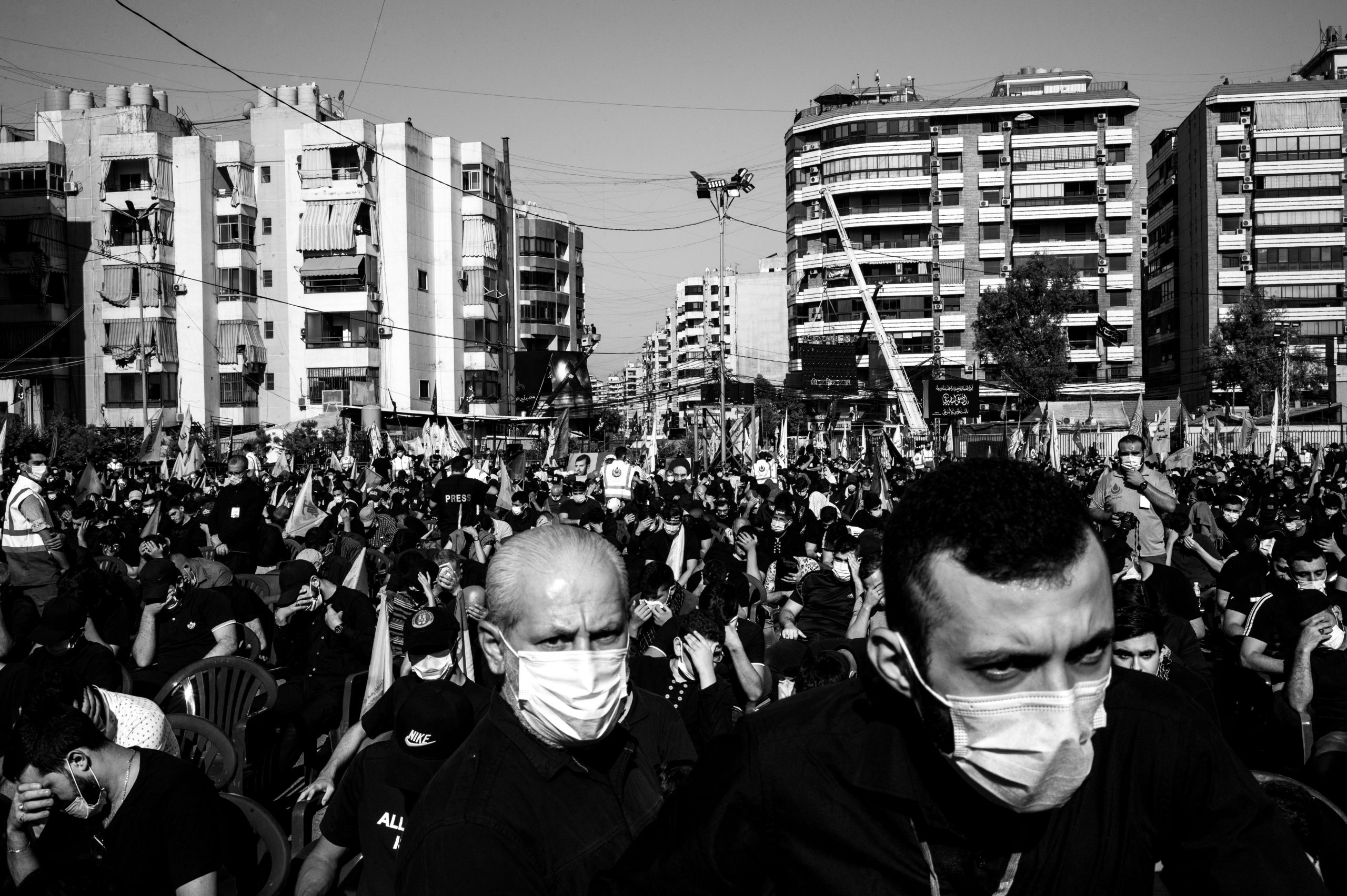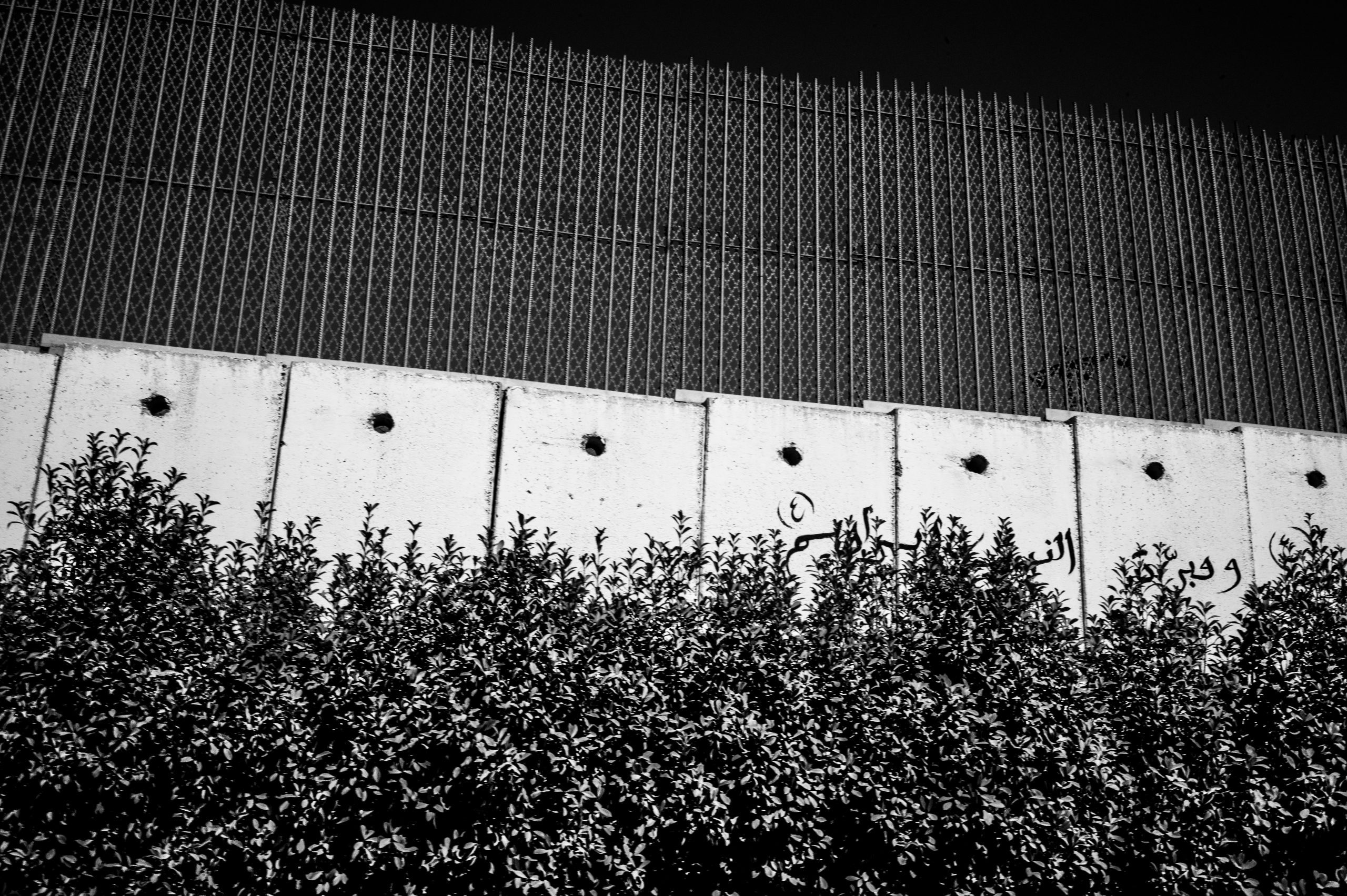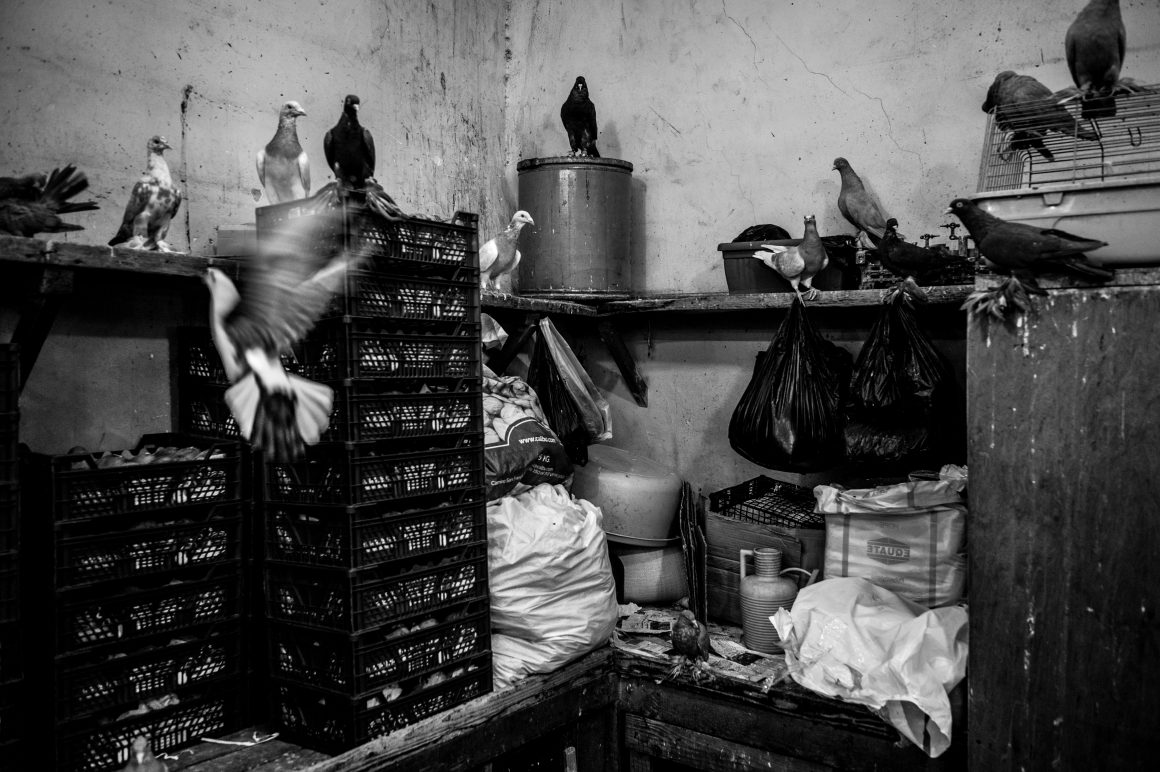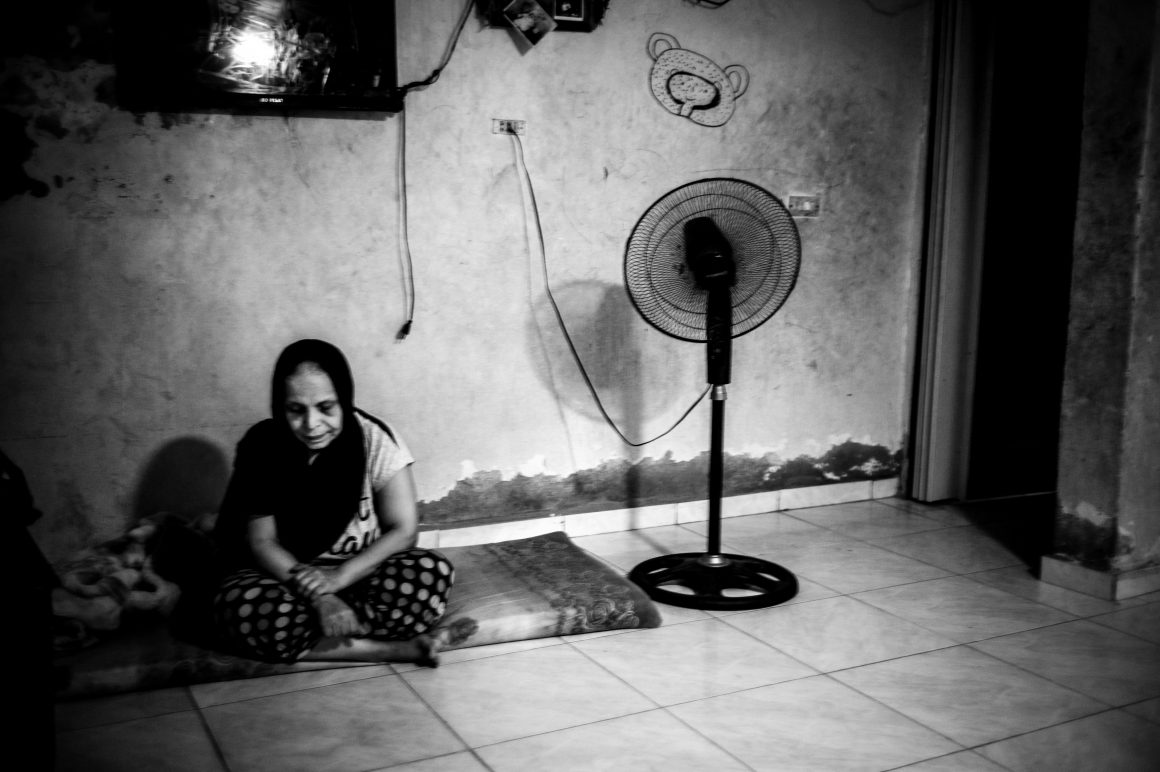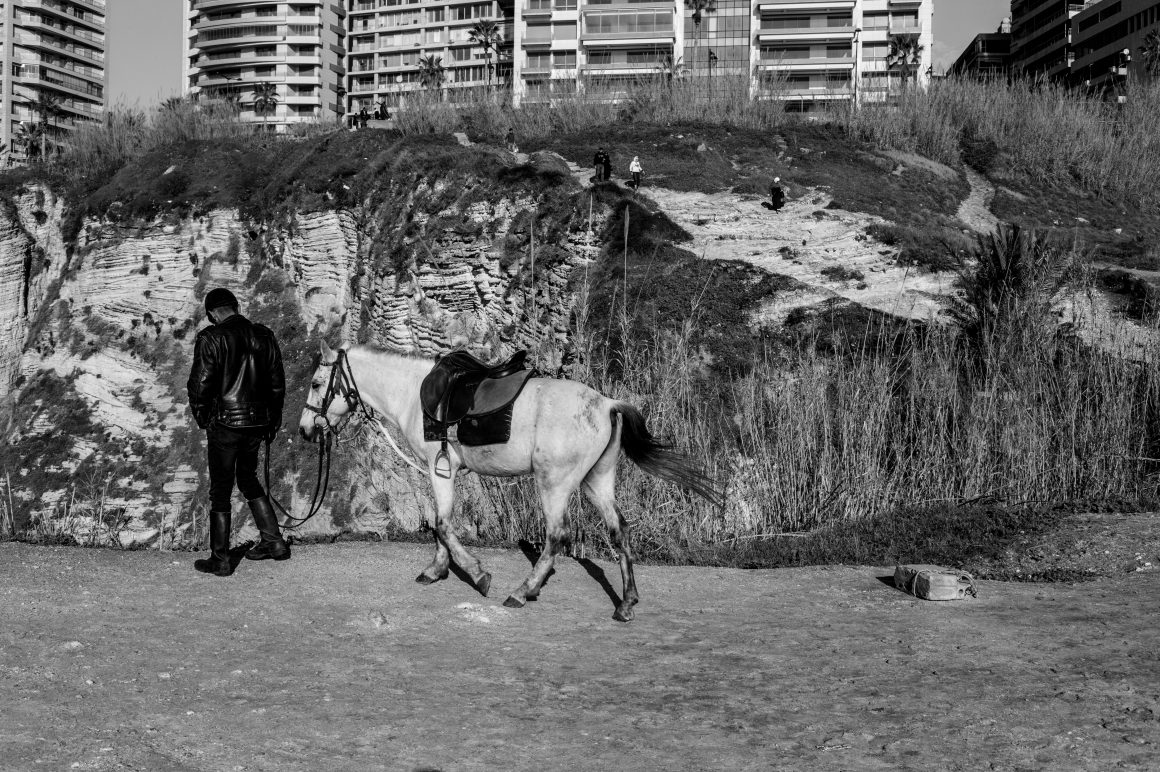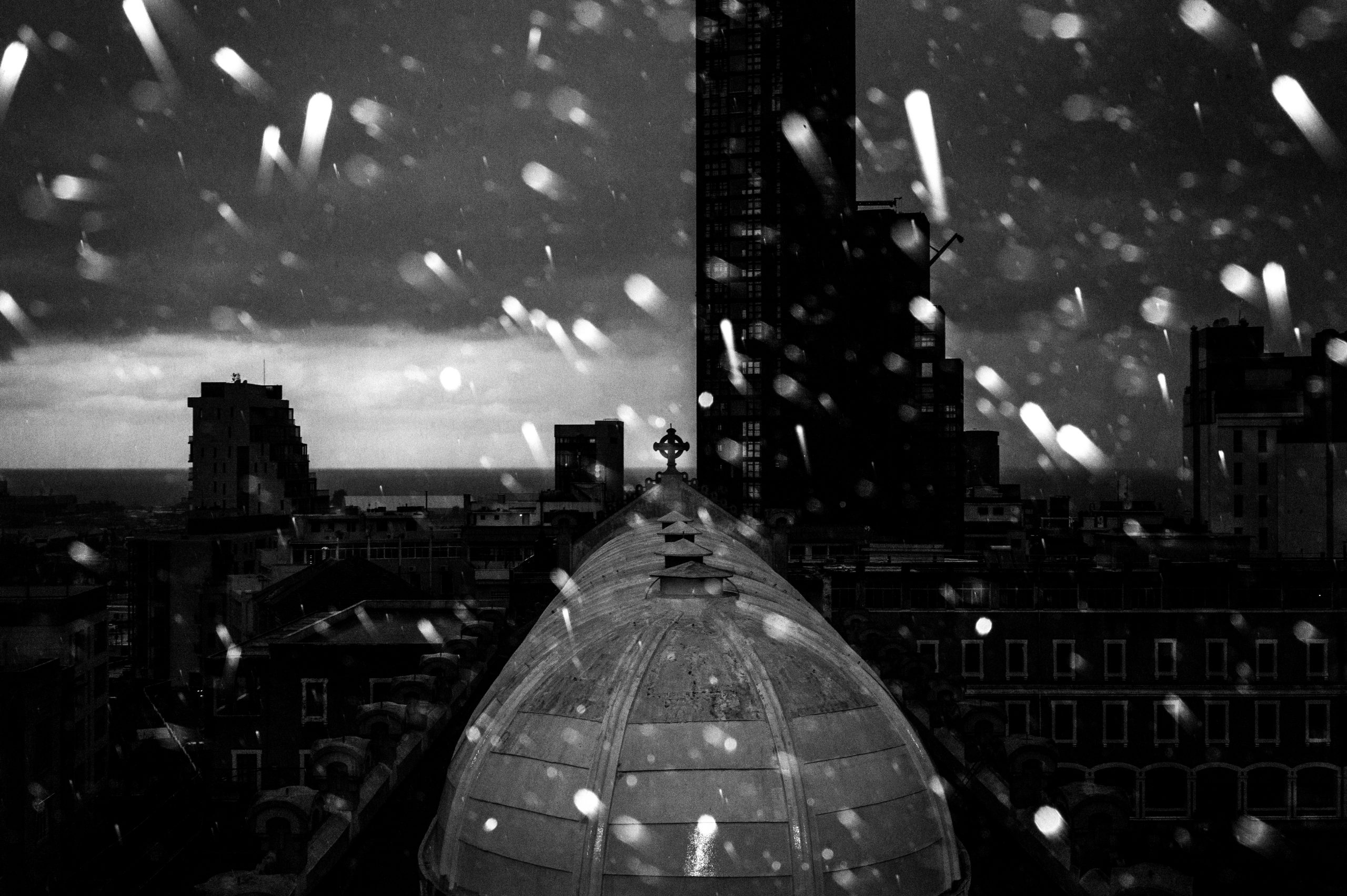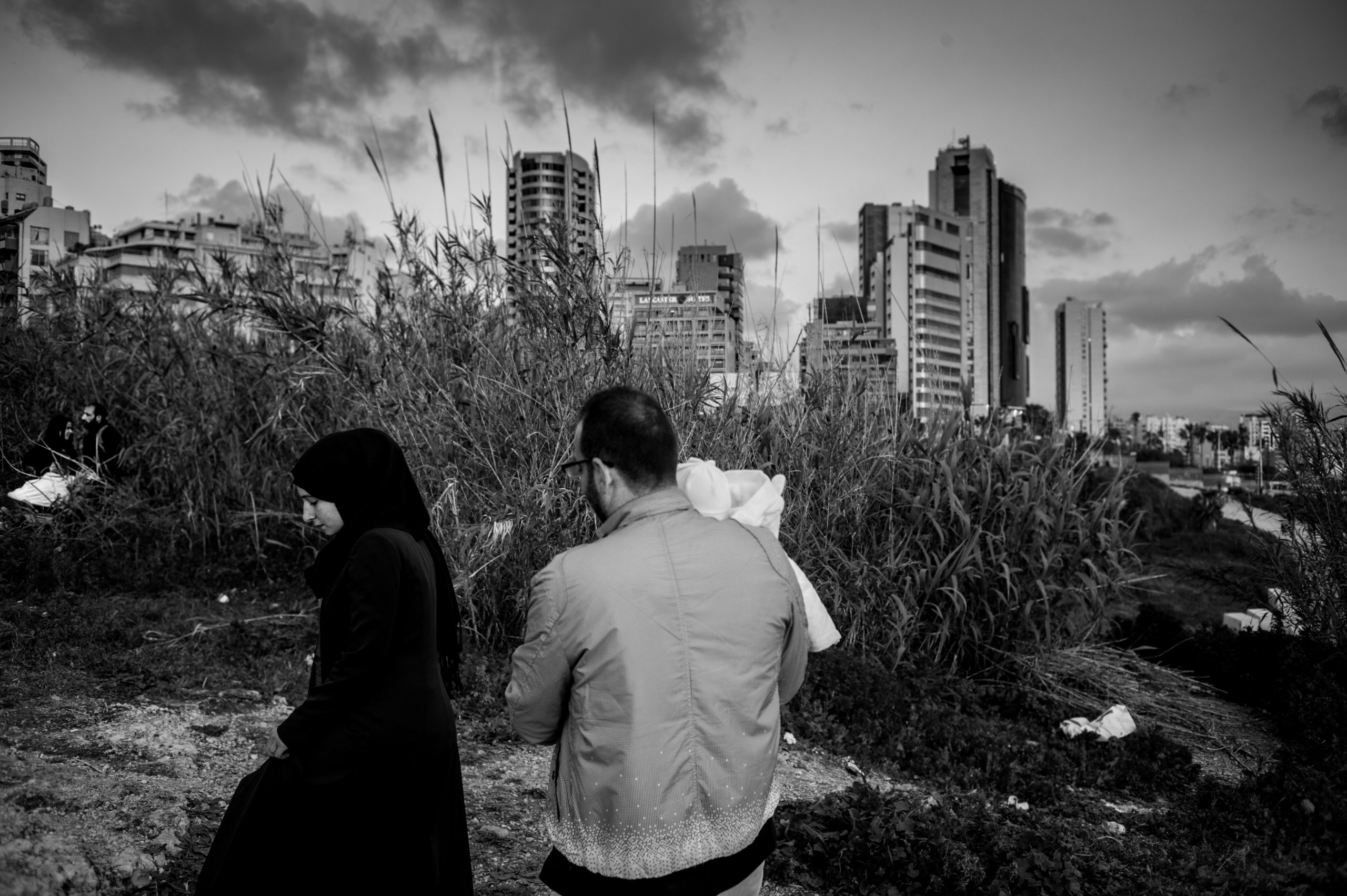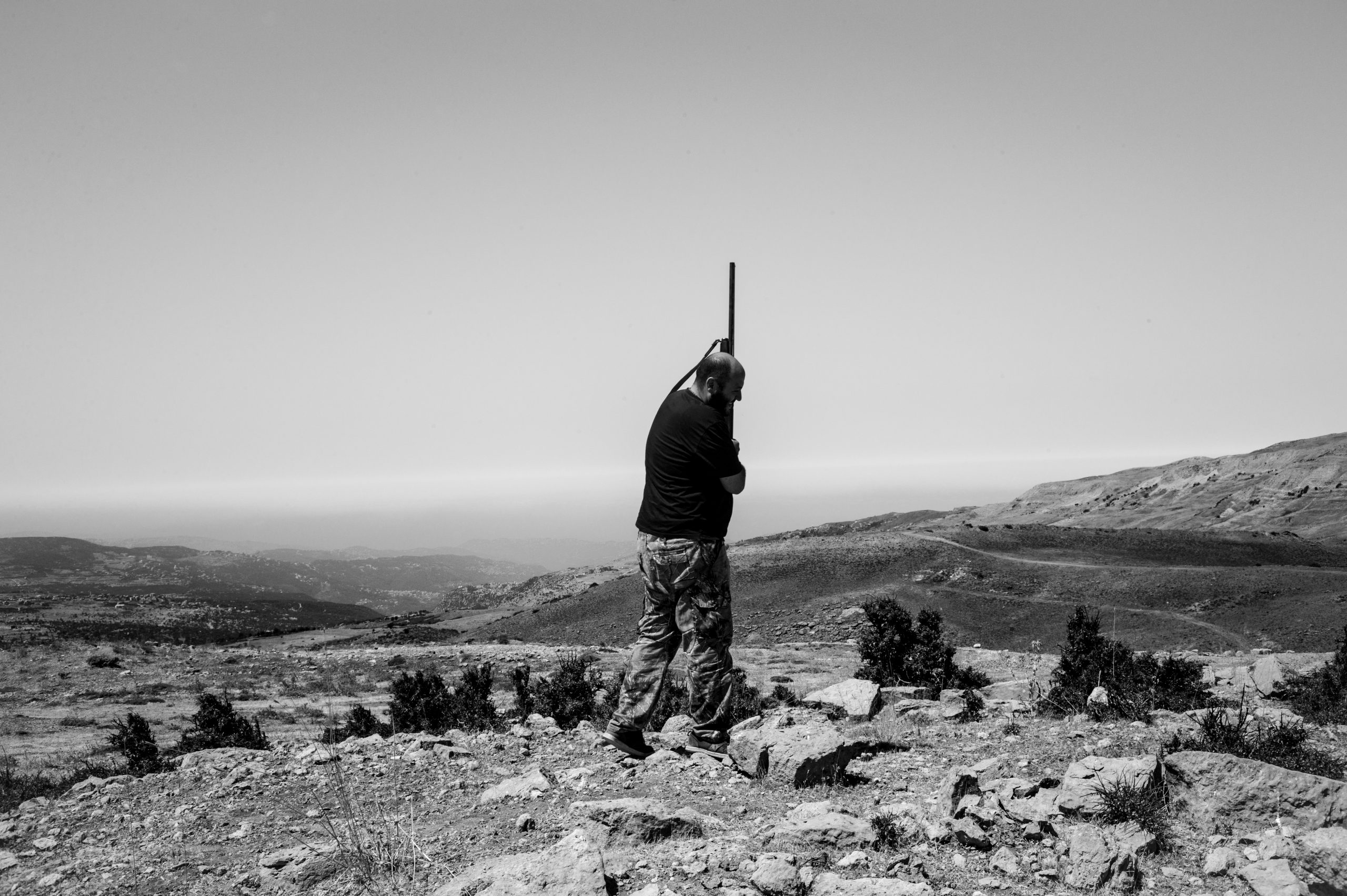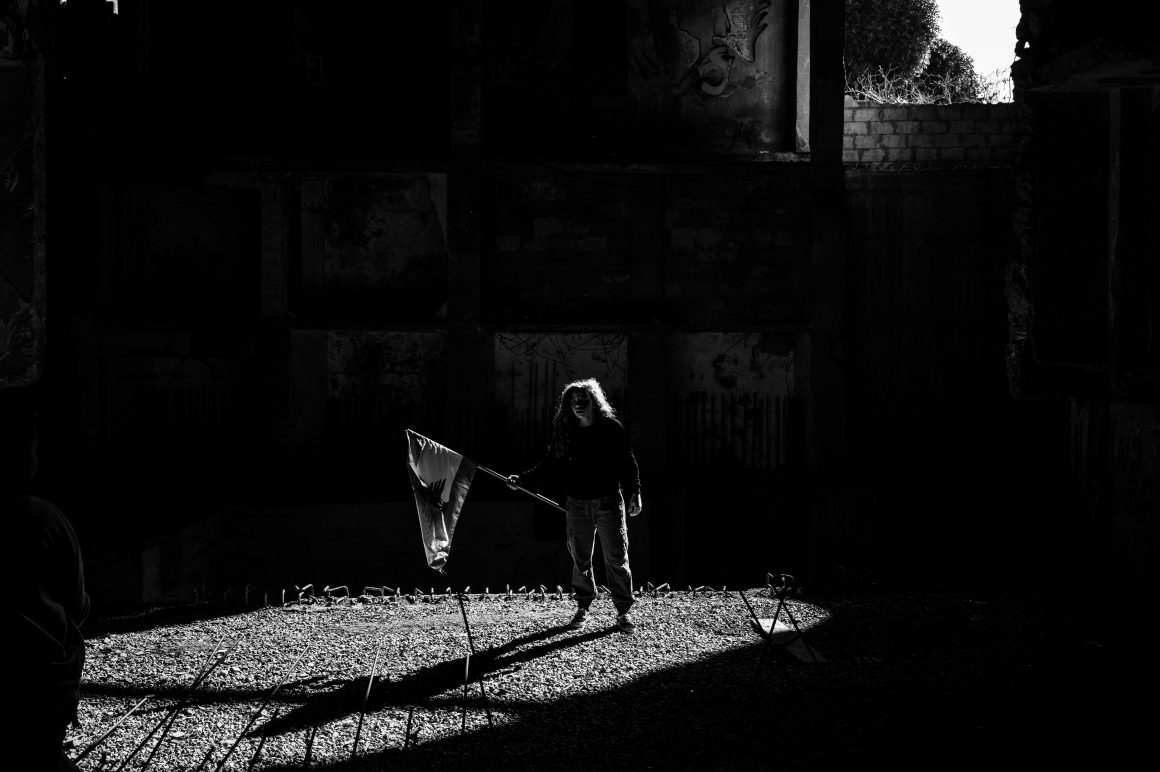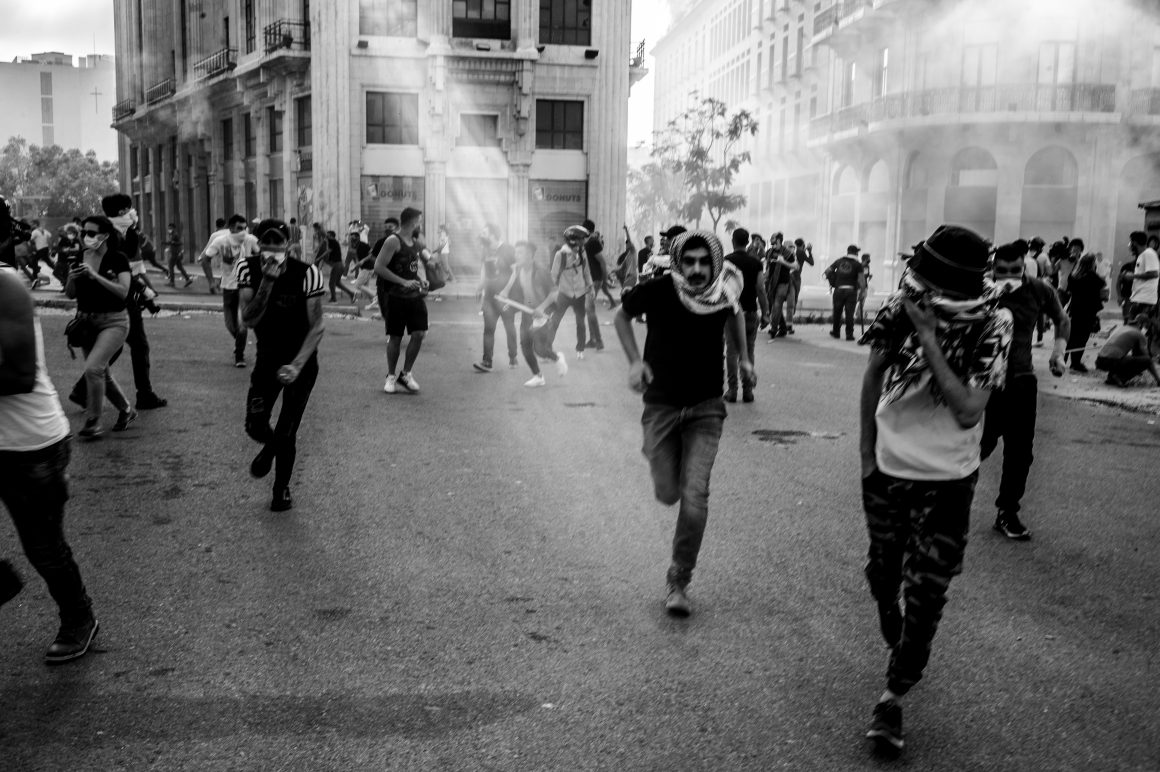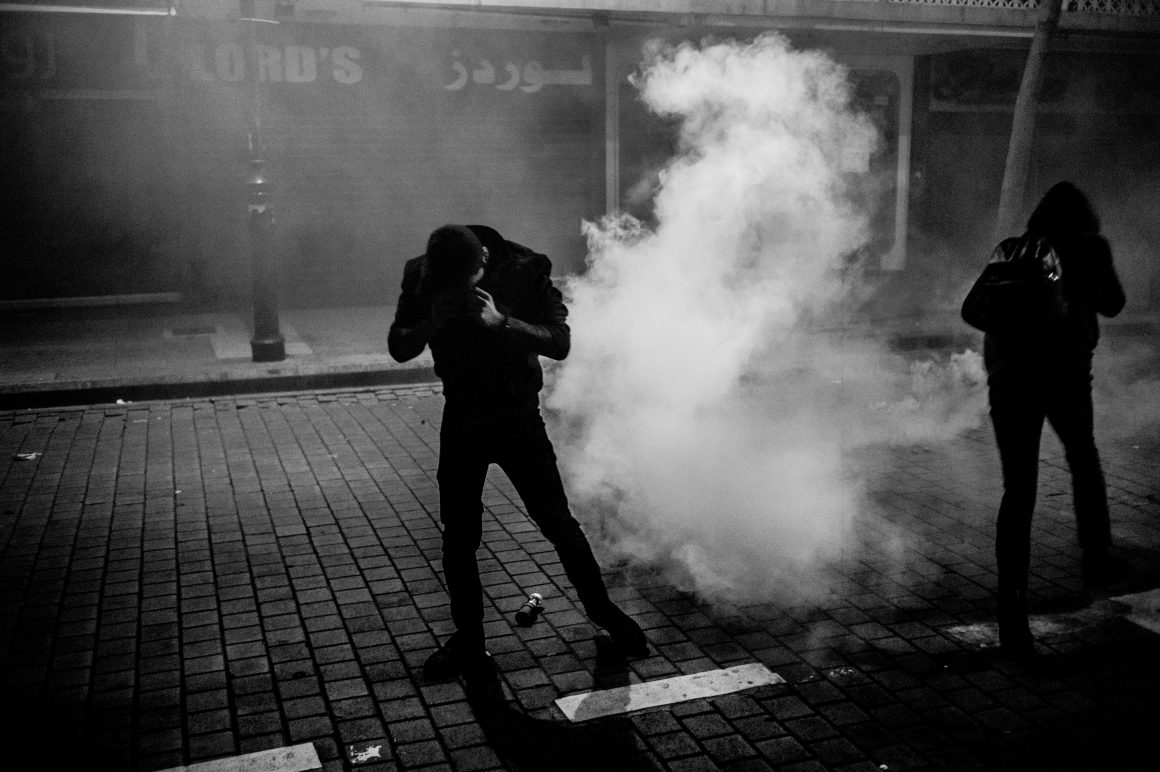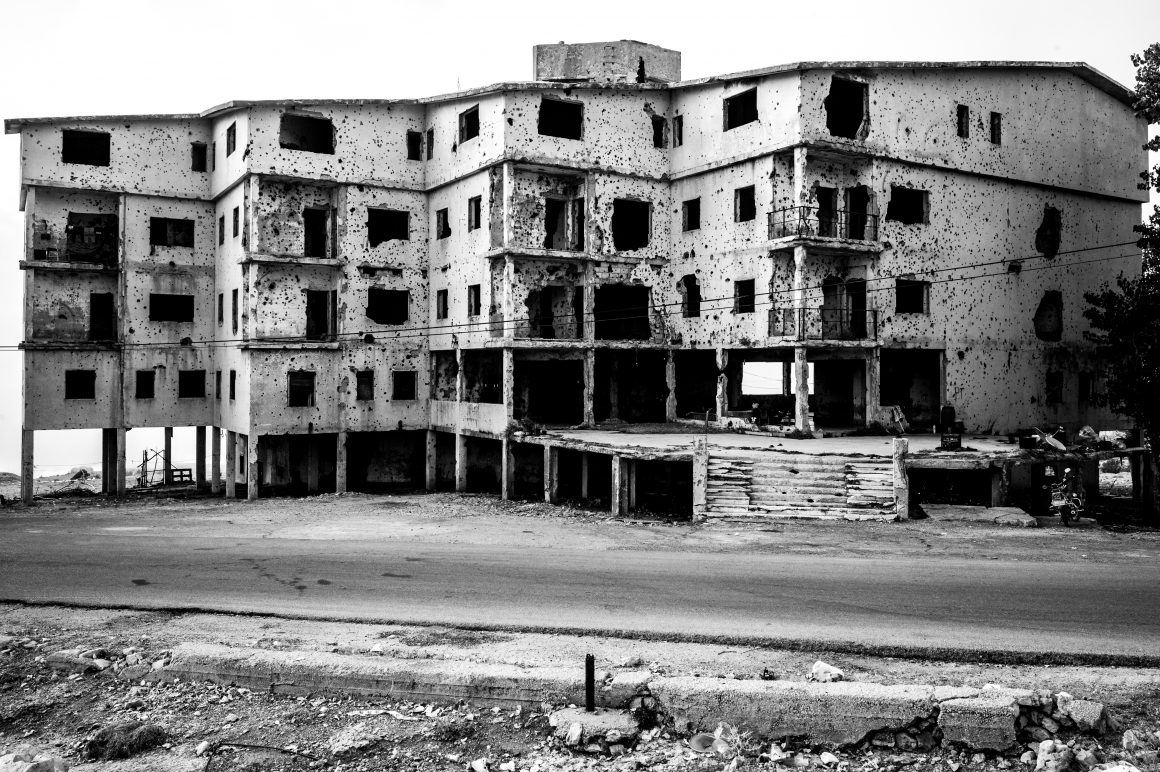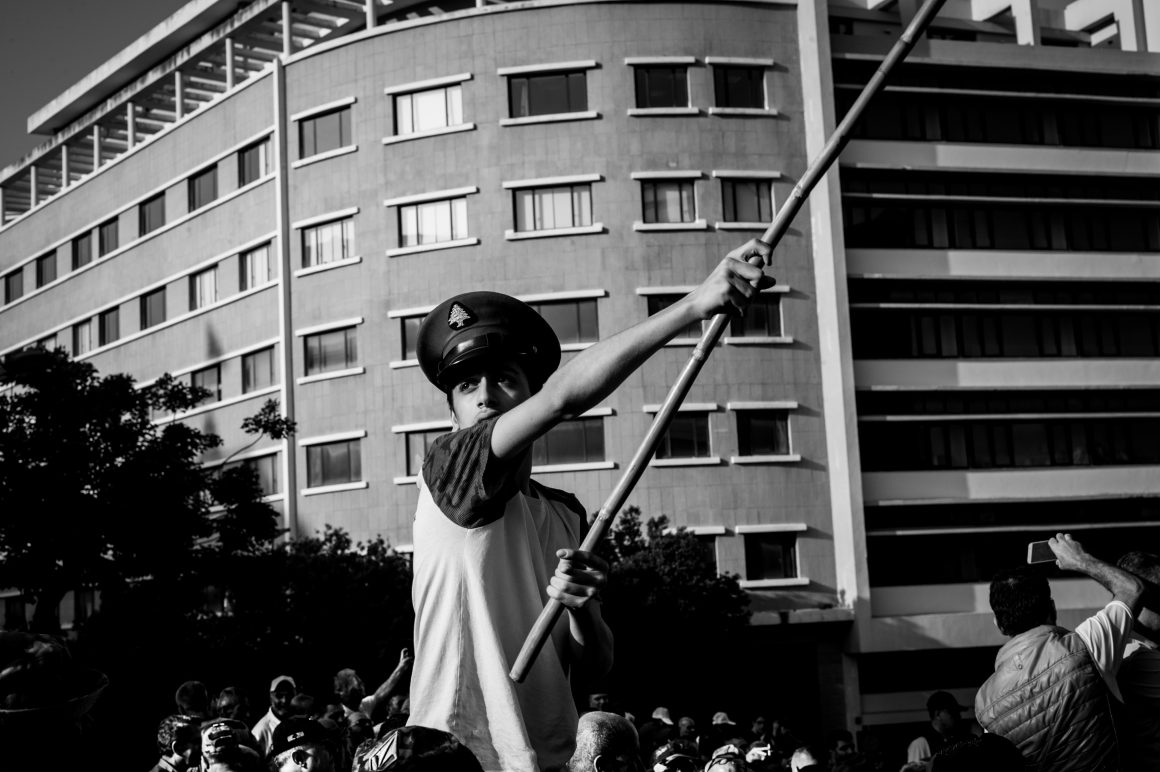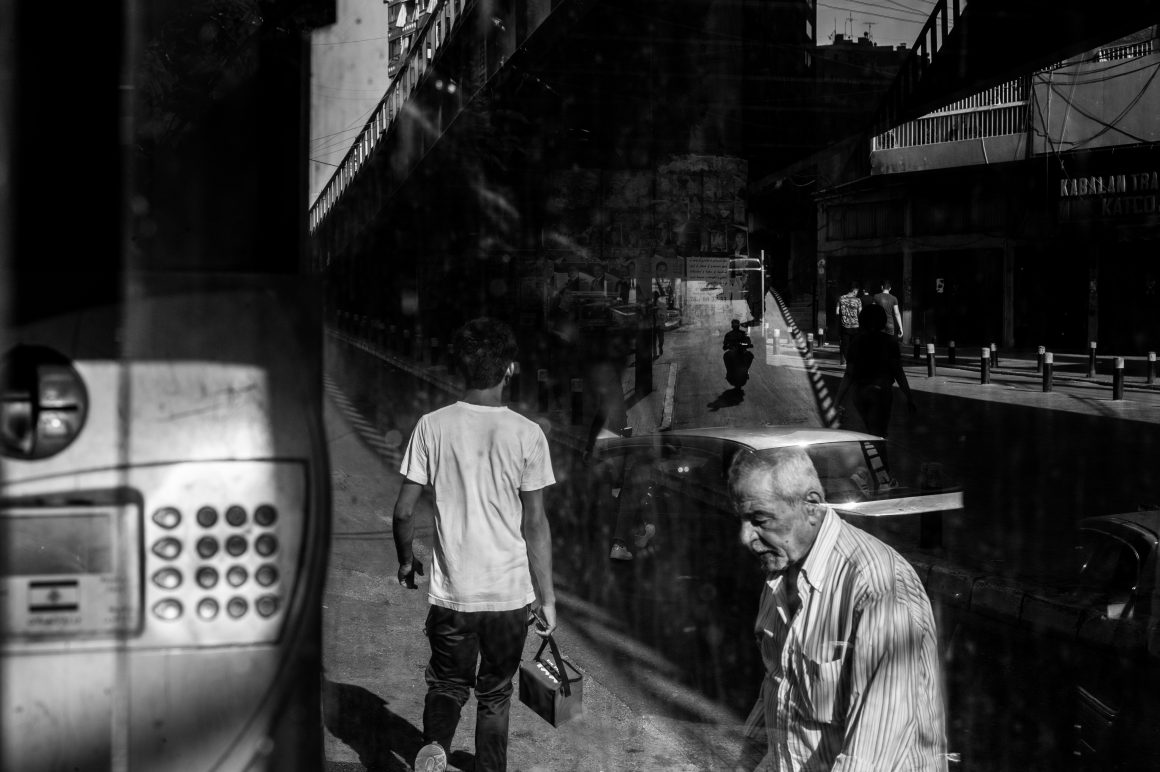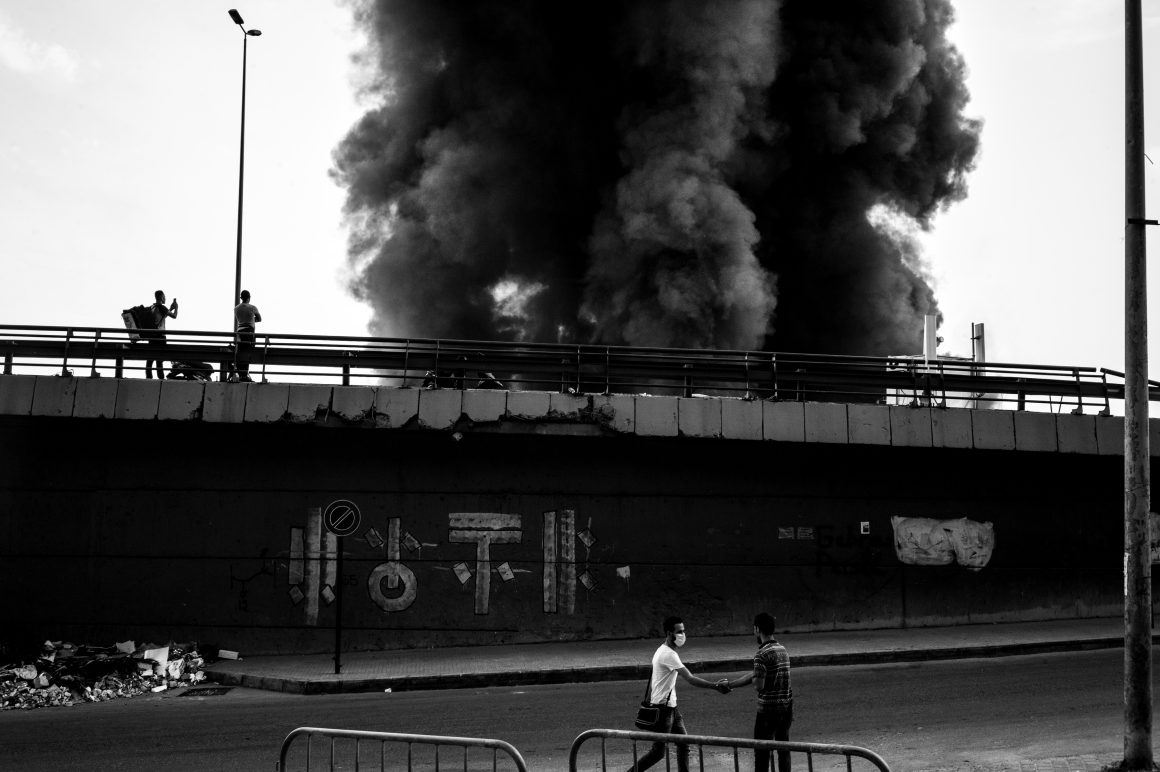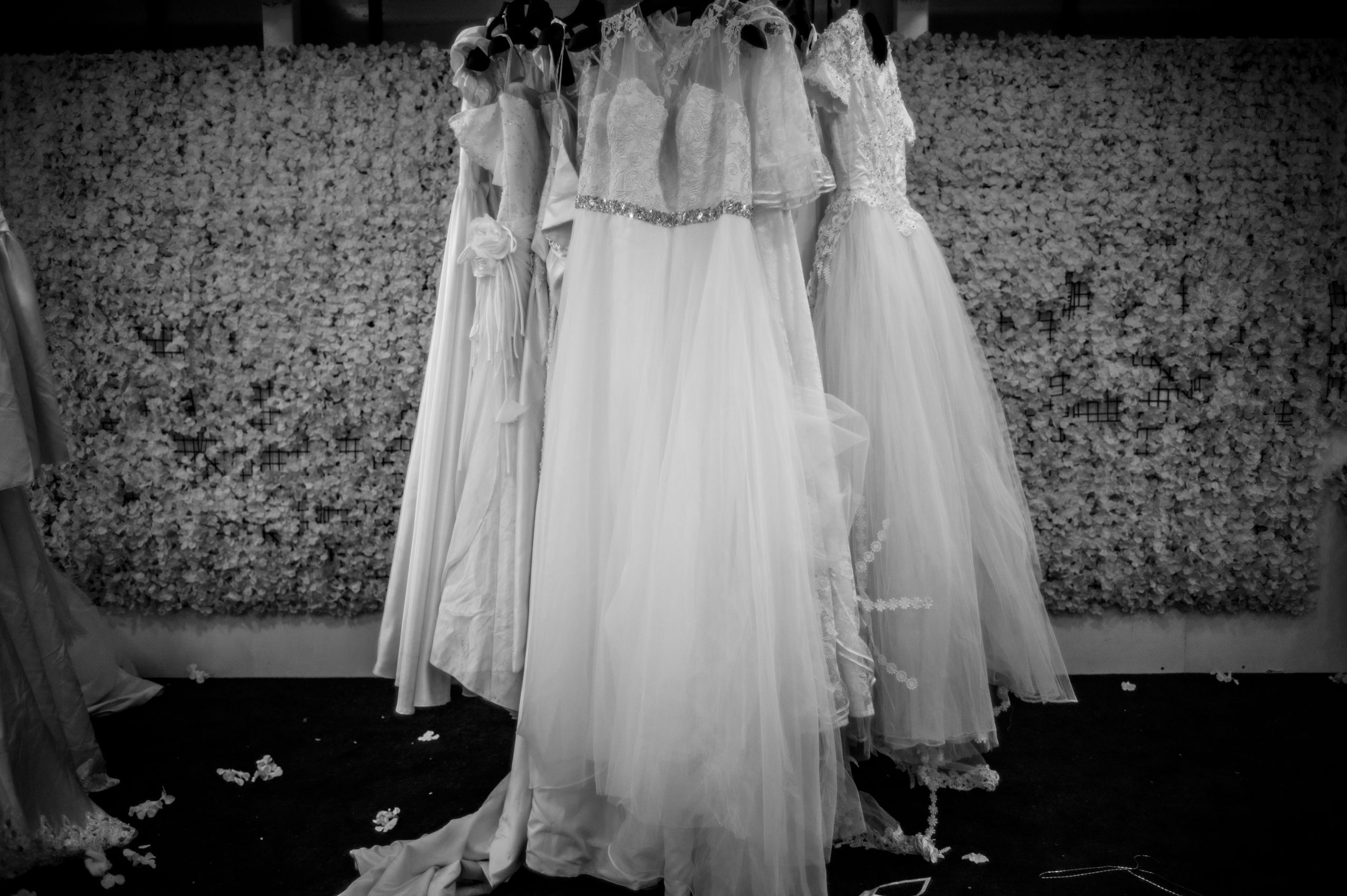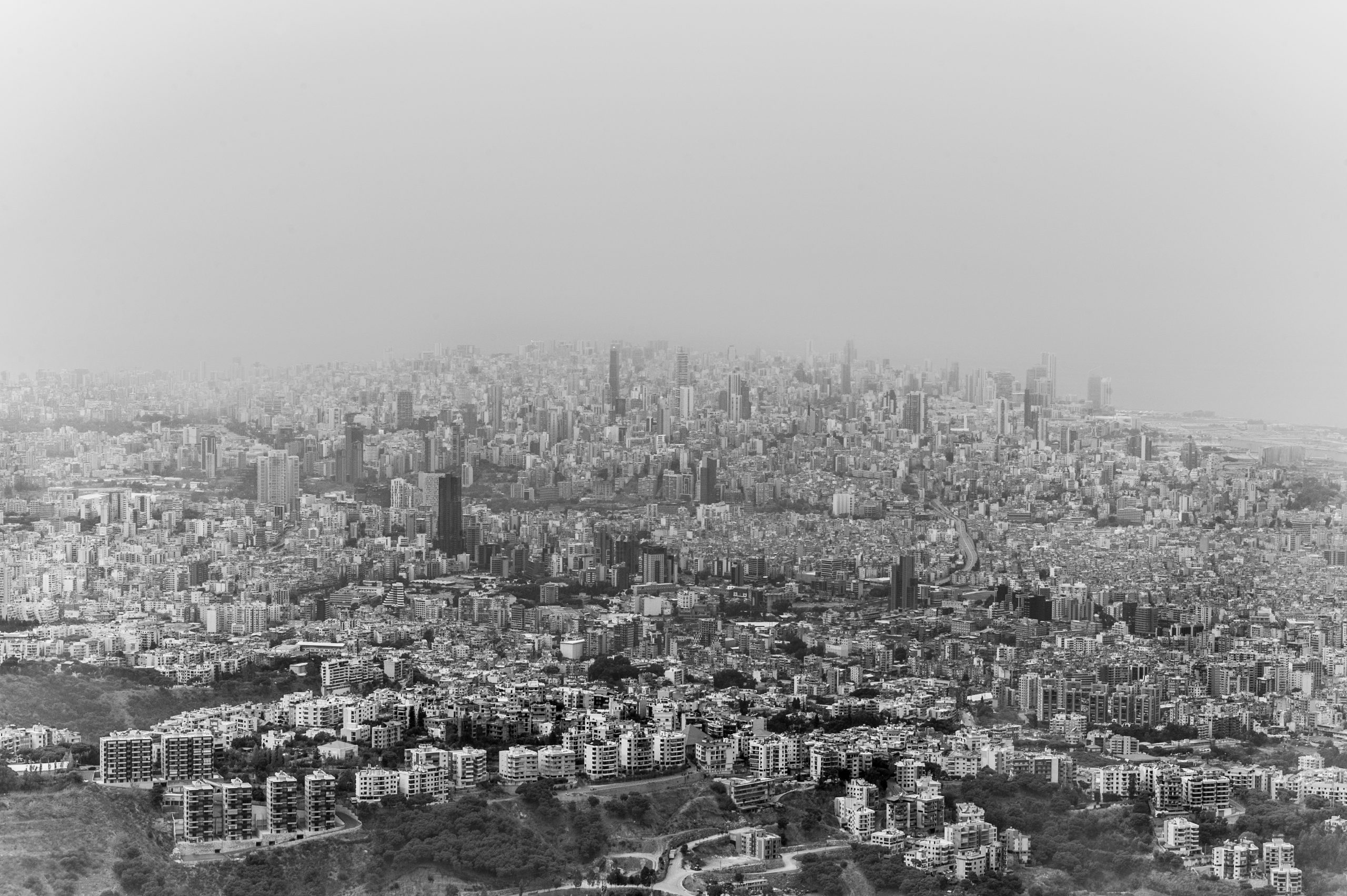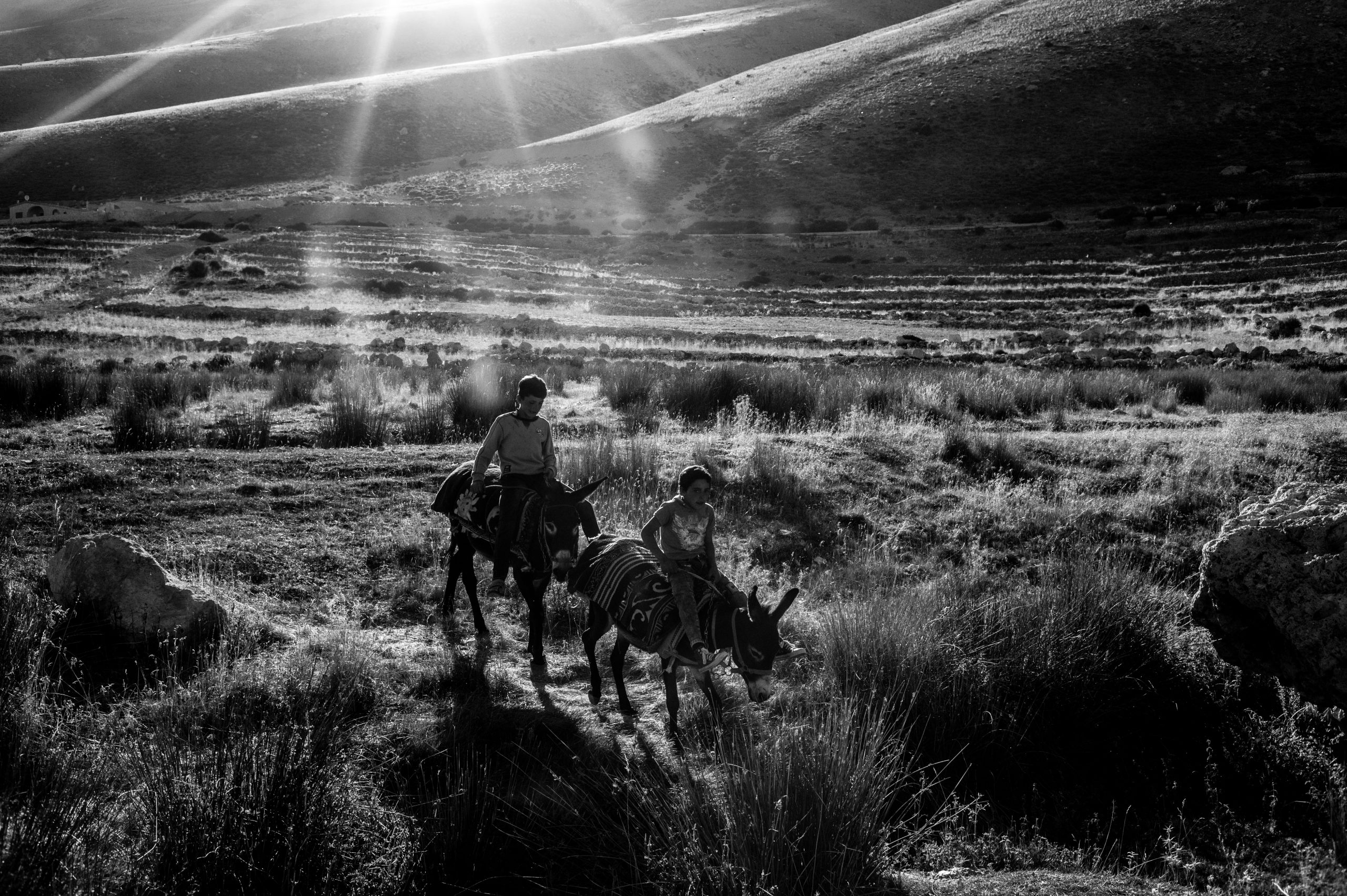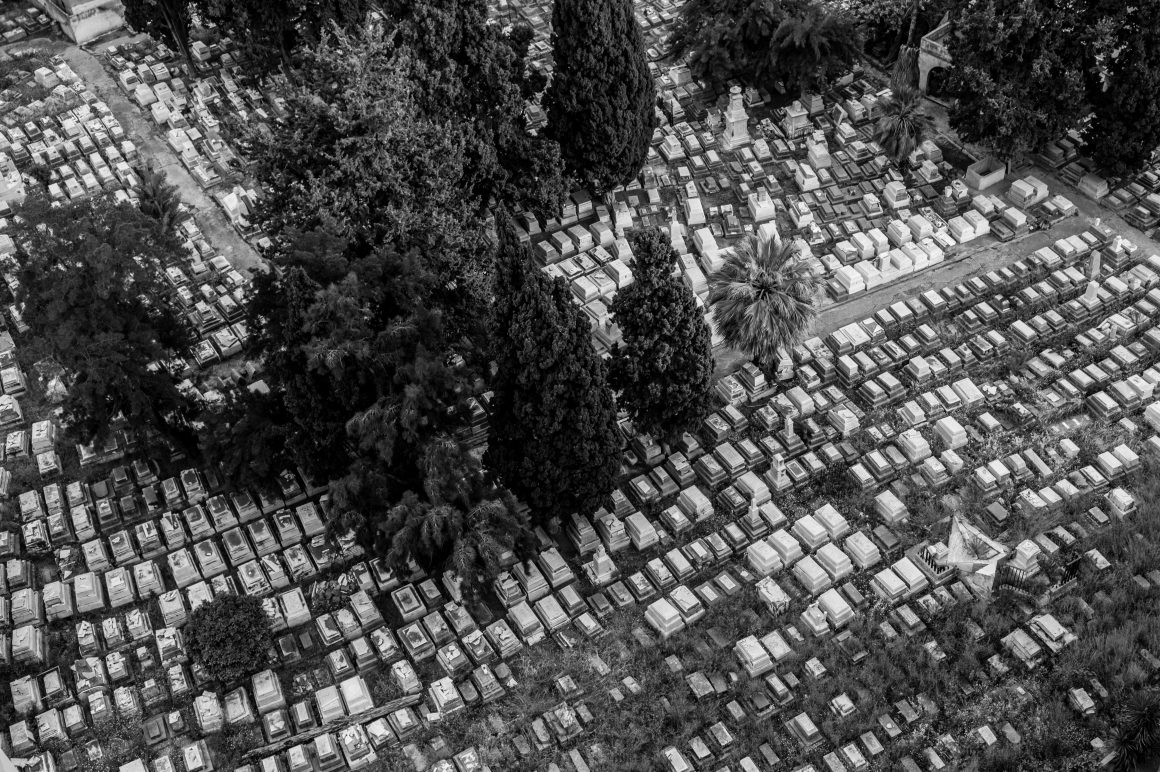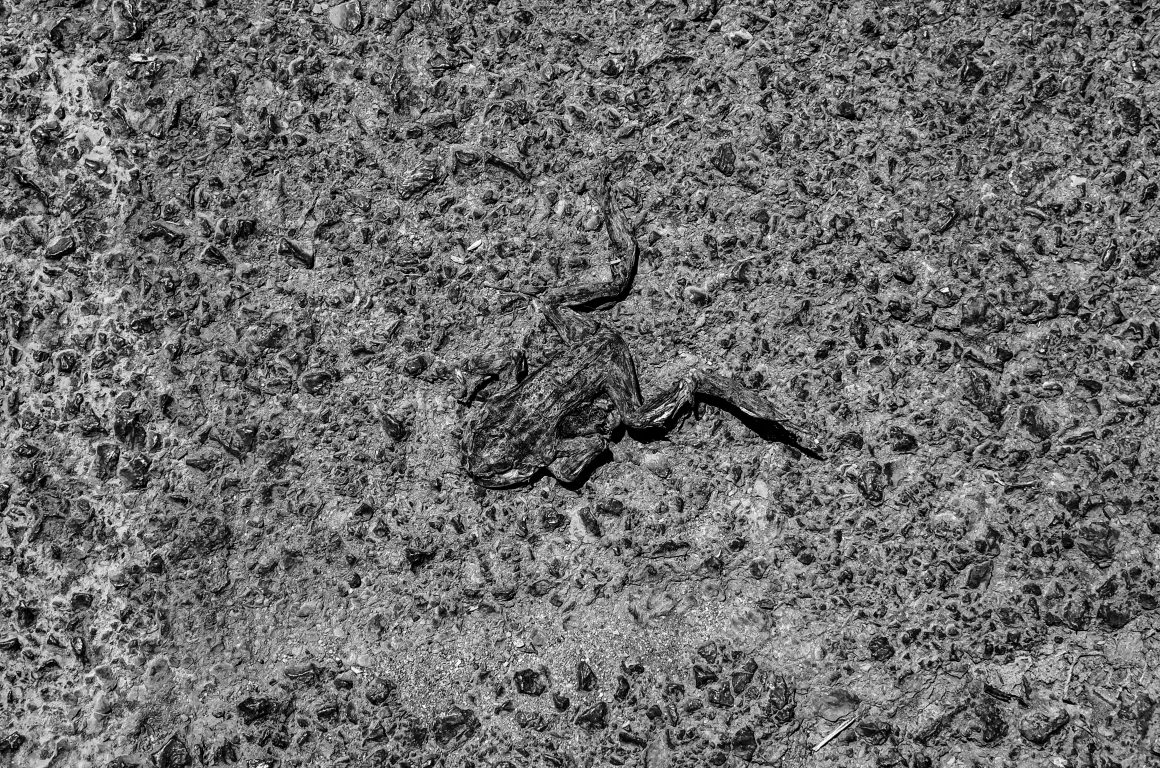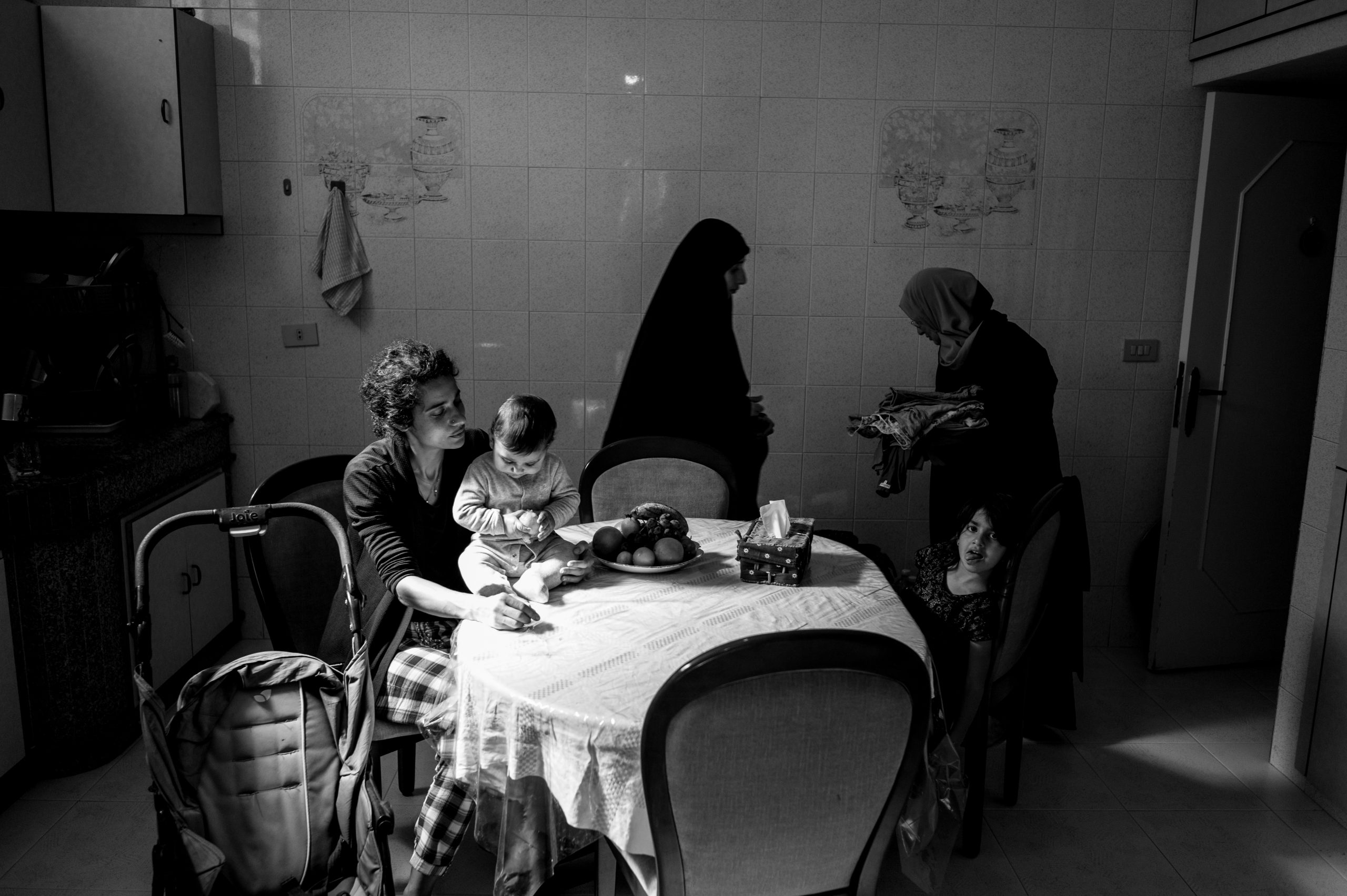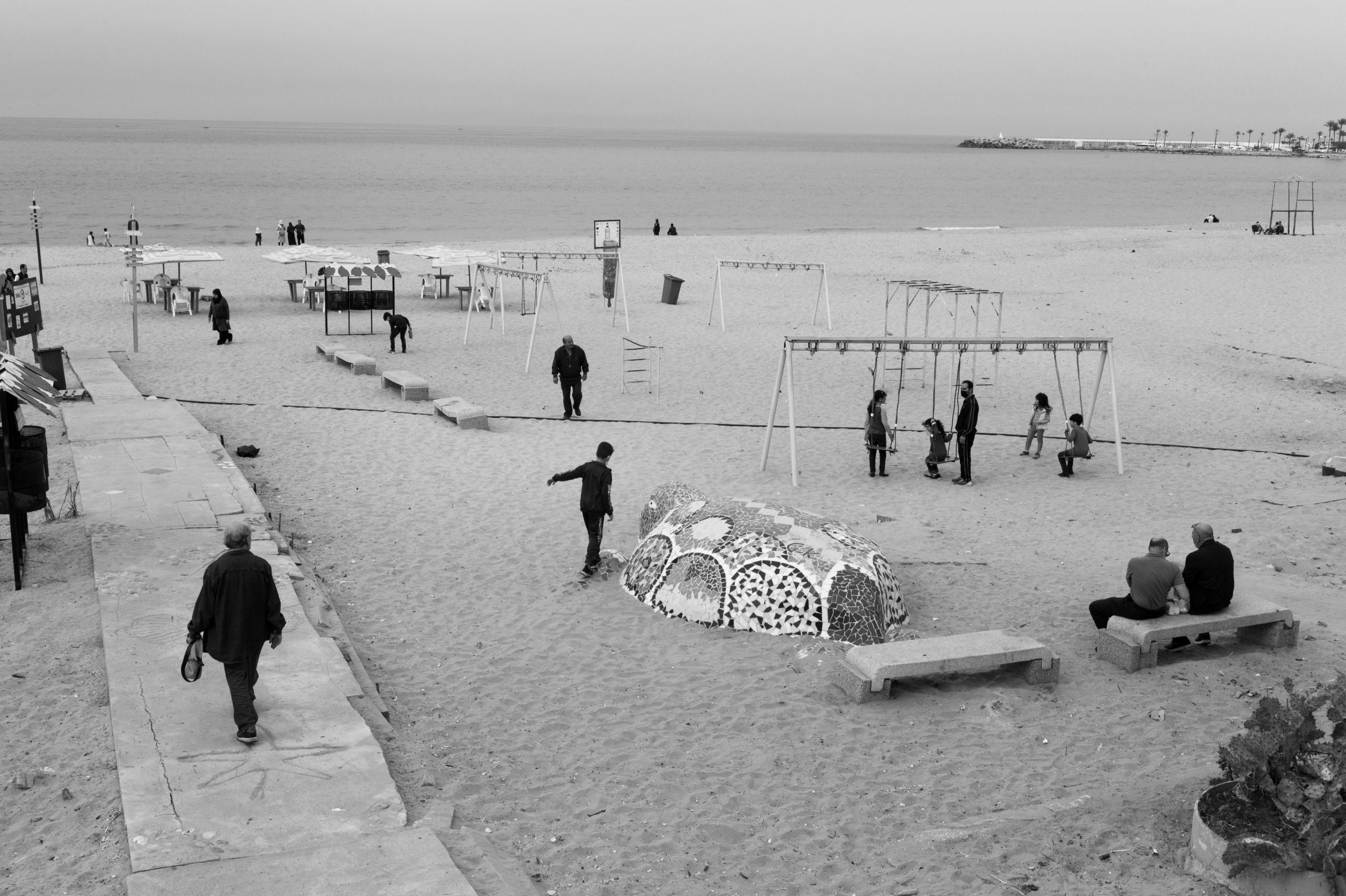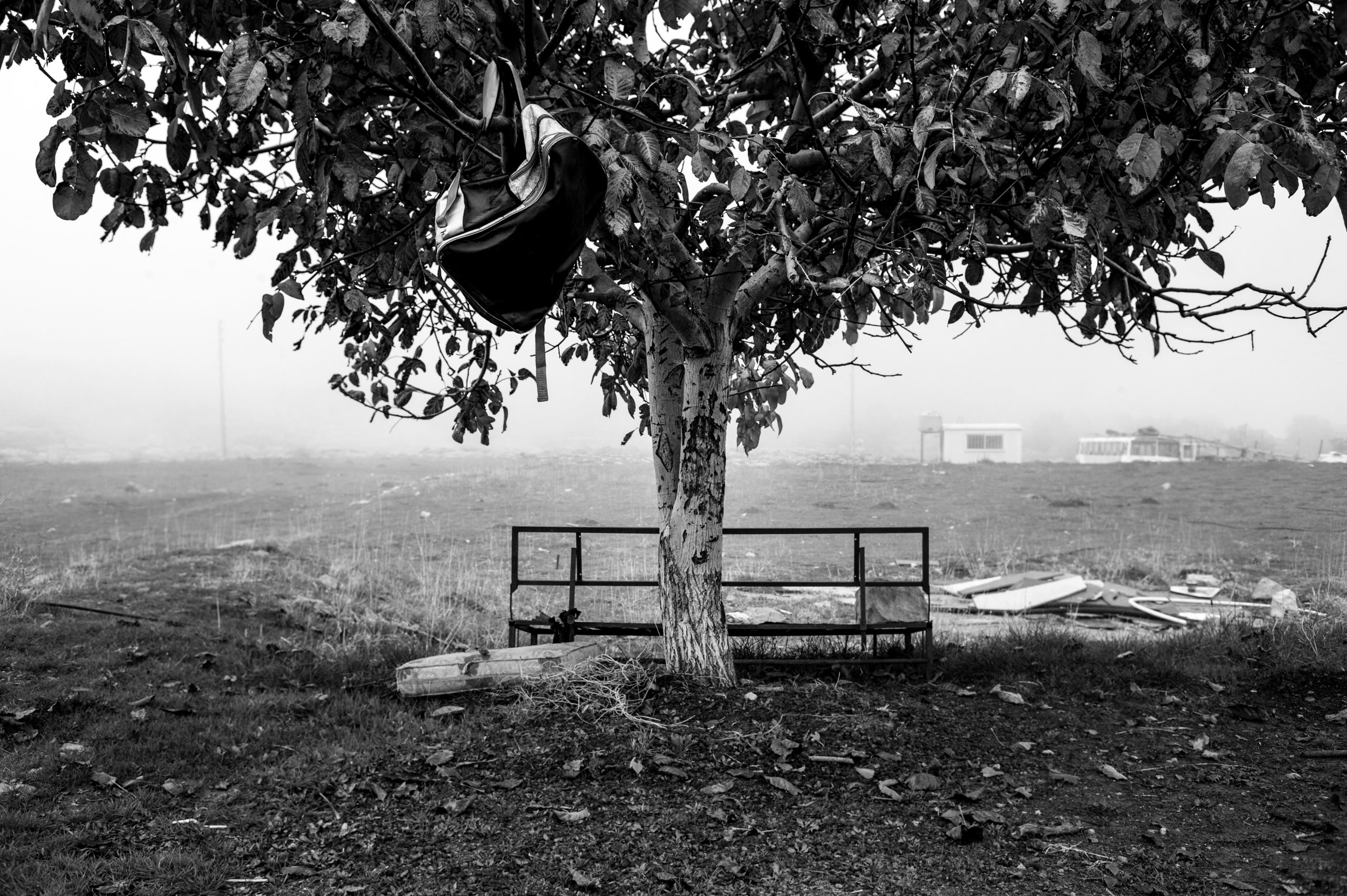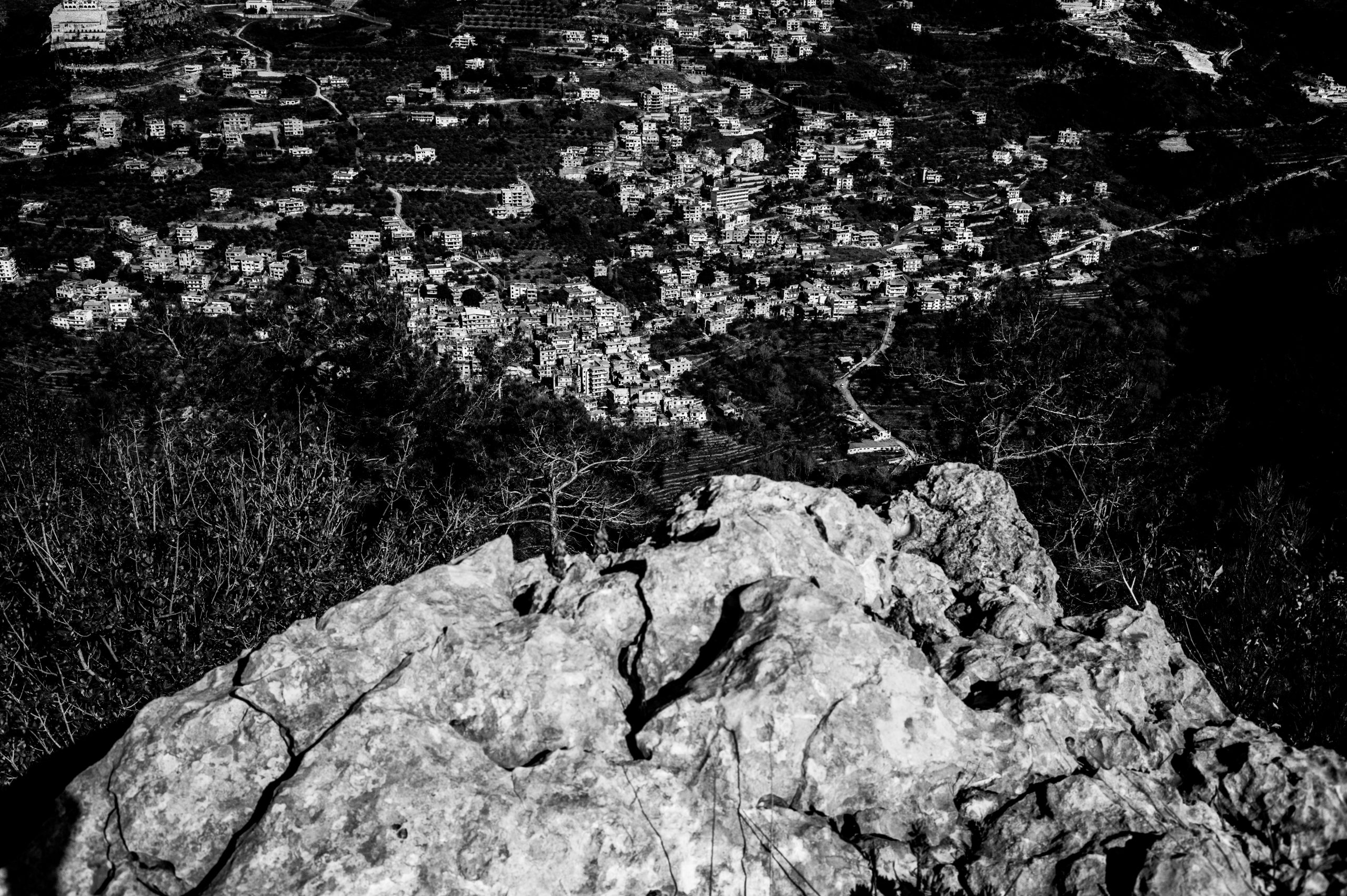
Lebanon 2018-2021
My great grandmother, Sito Linda, was raised just a few hundred feet from where I sit writing this today in my apartment near Sassine Square. In 1925 she and her husband, Mitchell Maalouf, from the small mountain village of Kfarakab, emigrated to Post, Texas, and would remain there for the rest of their lives. The port which they left from in Beirut, would violently explode nearly 100 years later in 2020, killing 218, causing $15+ billion in damages, and displacing some 300,000 people. Three years prior, I had relocated to Lebanon, in order to discover my mother’s roots.
Occupied by Greeks, Romans, Arabs, Turks, French, and Syrians, Lebanon has long been a ground of proxy warfare and international meddling. But a question of free will has resurfaced to Lebanese – Is the fate of their country simply out of their hands and placed onto higher powers such as Iran, Saudi Arabia, Russia, the United States, and others? What effect will Israeli and Iranian relations have on Lebanon? In October of 2019 a revolution manifested, laying the groundwork for a movement, felt nationwide, that is demanding an open, self-governing Lebanon – free from the political elite who have been in power for so long. While results have been viewed as a victory, the reality is a concurrent economic collapse that has decimated the currency and painted the future a dark grey.
Mahmoud Darwish, universally-adored Arab poet, who lived out much of his life in Lebanon, wrote beautifully of a man viewing his land and questioning why the fruits that had been promised had not yet been delivered. “I will go on serenading happiness/Somewhere beyond the eyelids of frightened eyes/For from the time the storm began to rage in my country/It has promised me wine and rainbows.” I began to wonder what my grandfather’s family might have thought. Would their views parallel today’s? Would Lebanon be recognizable? Would the same ambiguity linger in conversations, no matter what generation one might have been born into? In a sense, the pictures became a letter to deceased relatives who will never see them.
Telling the story of Lebanon is famously difficult and complex, and there are far better resources to try and understand than my images. They are however, a hint of an emotional landscape and in hope, a record of those who occupy a land that has both given and taken so much.
